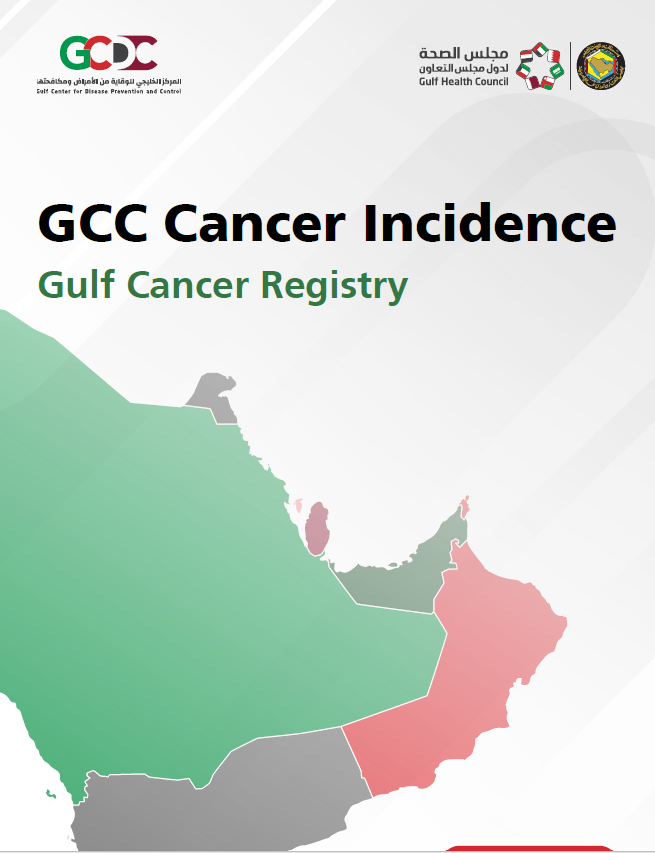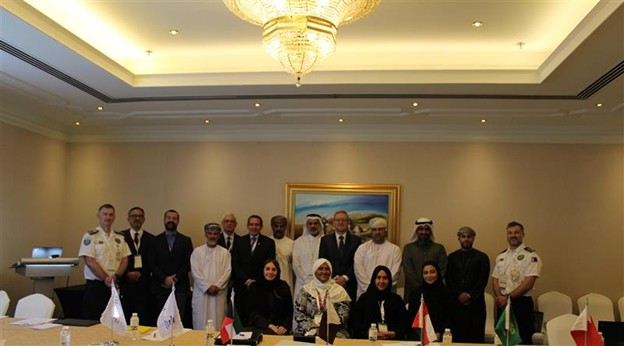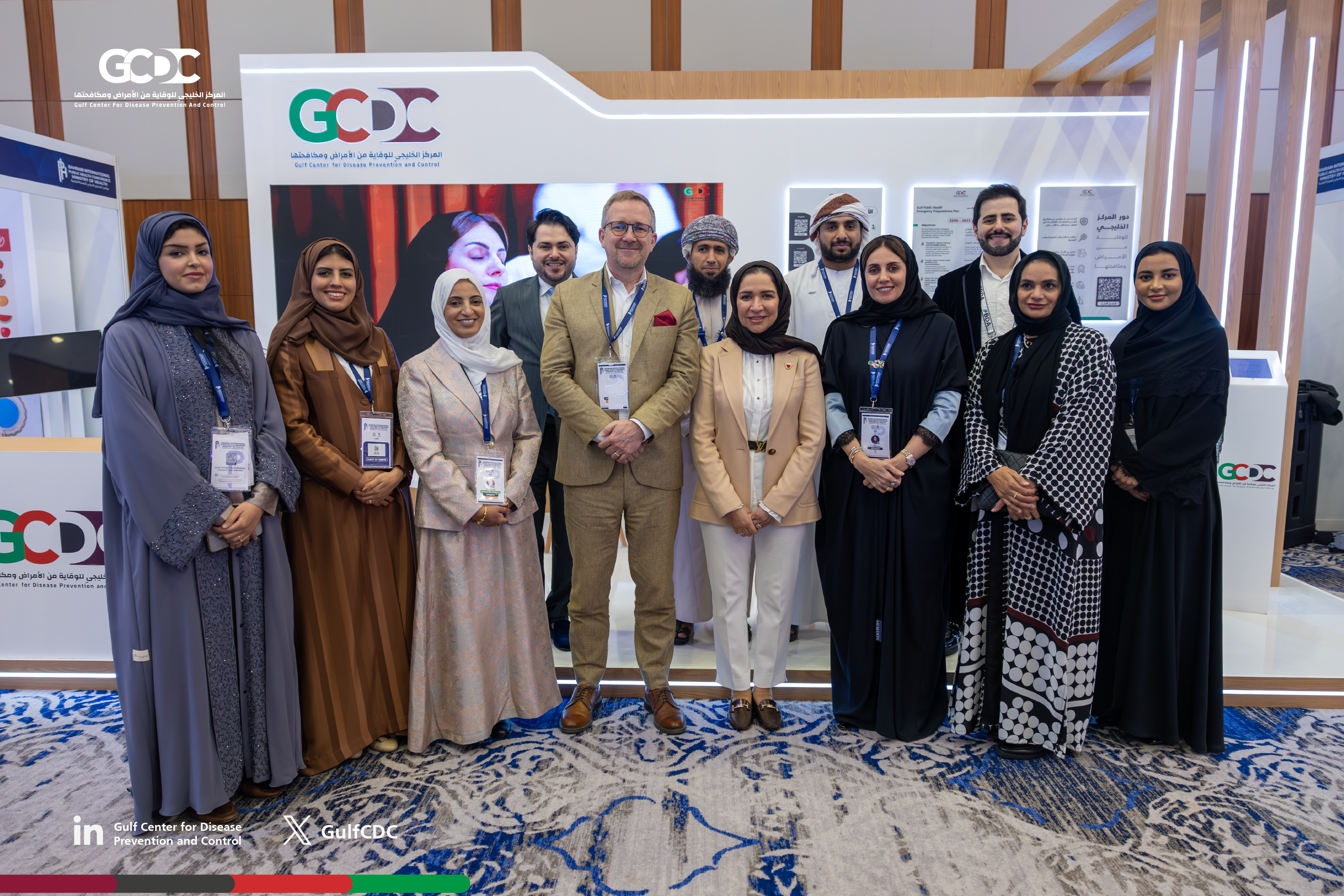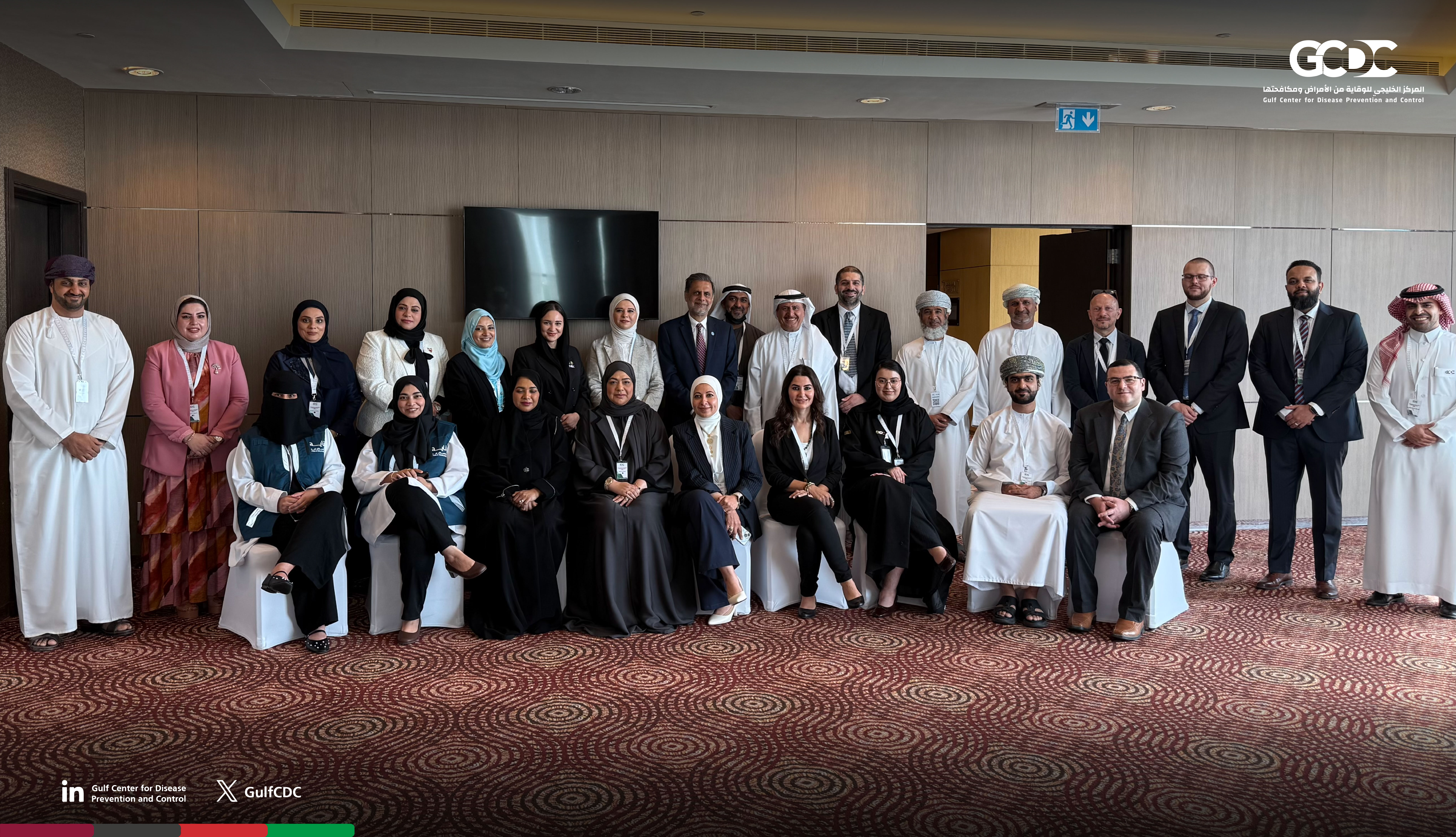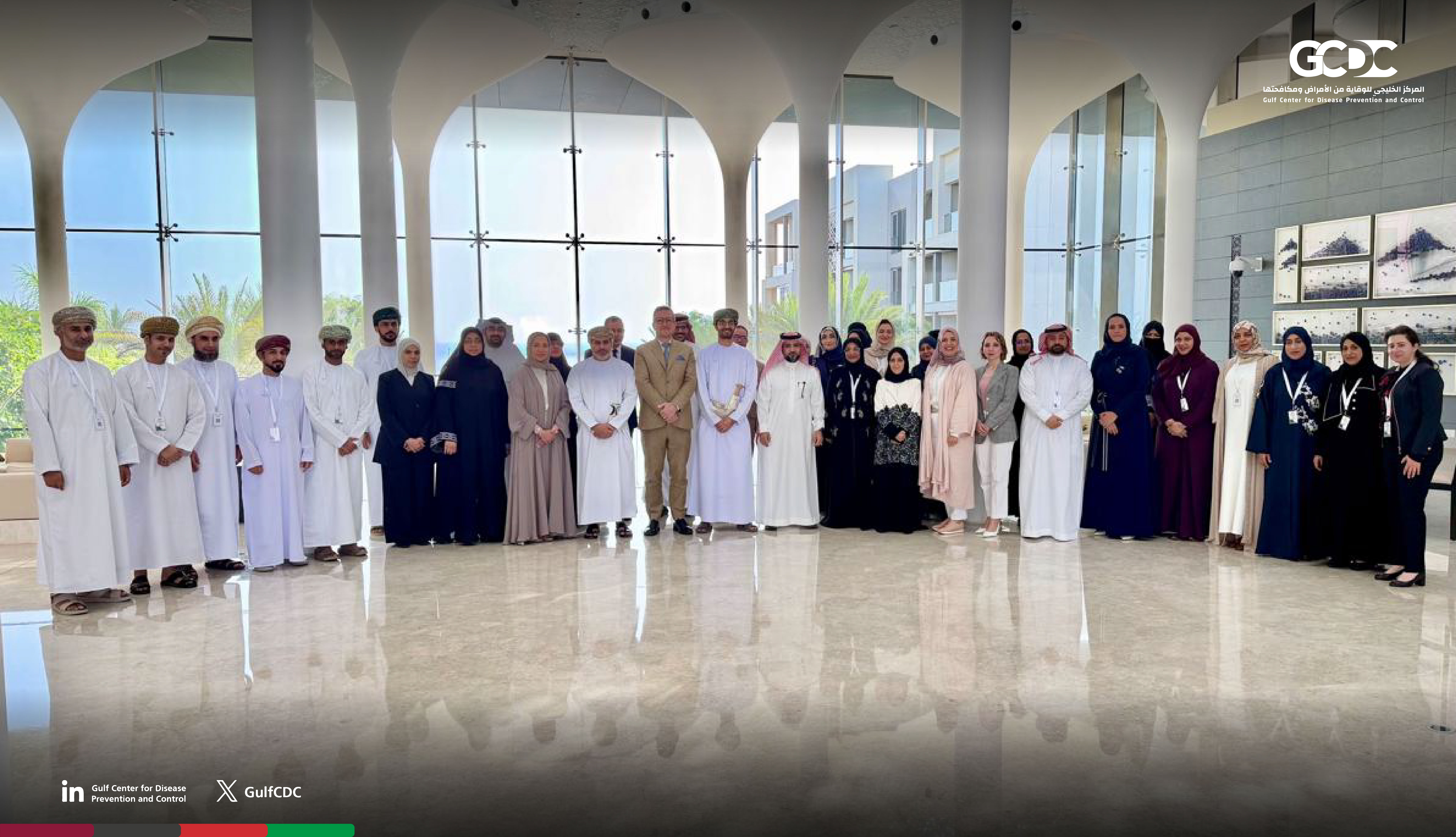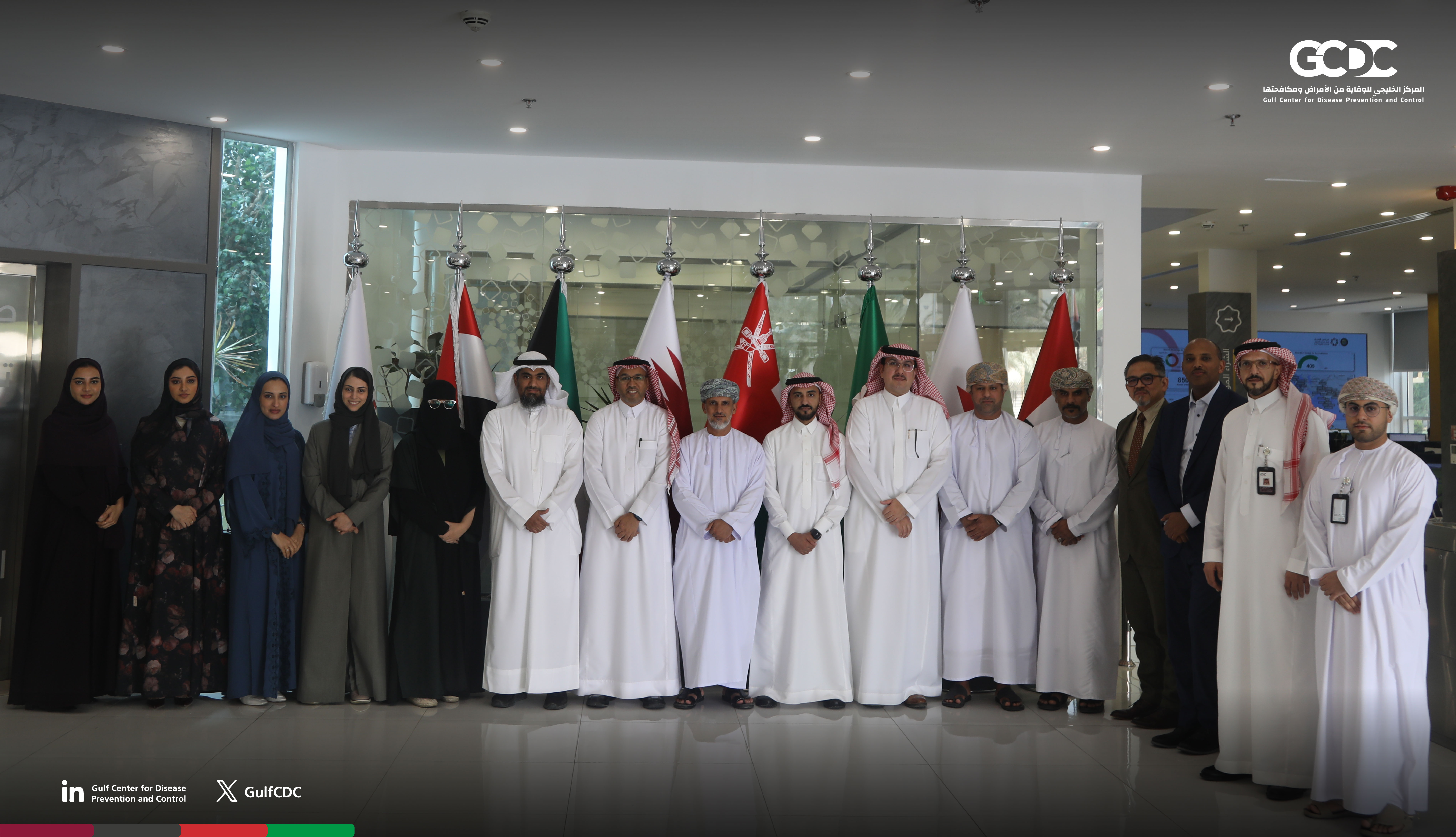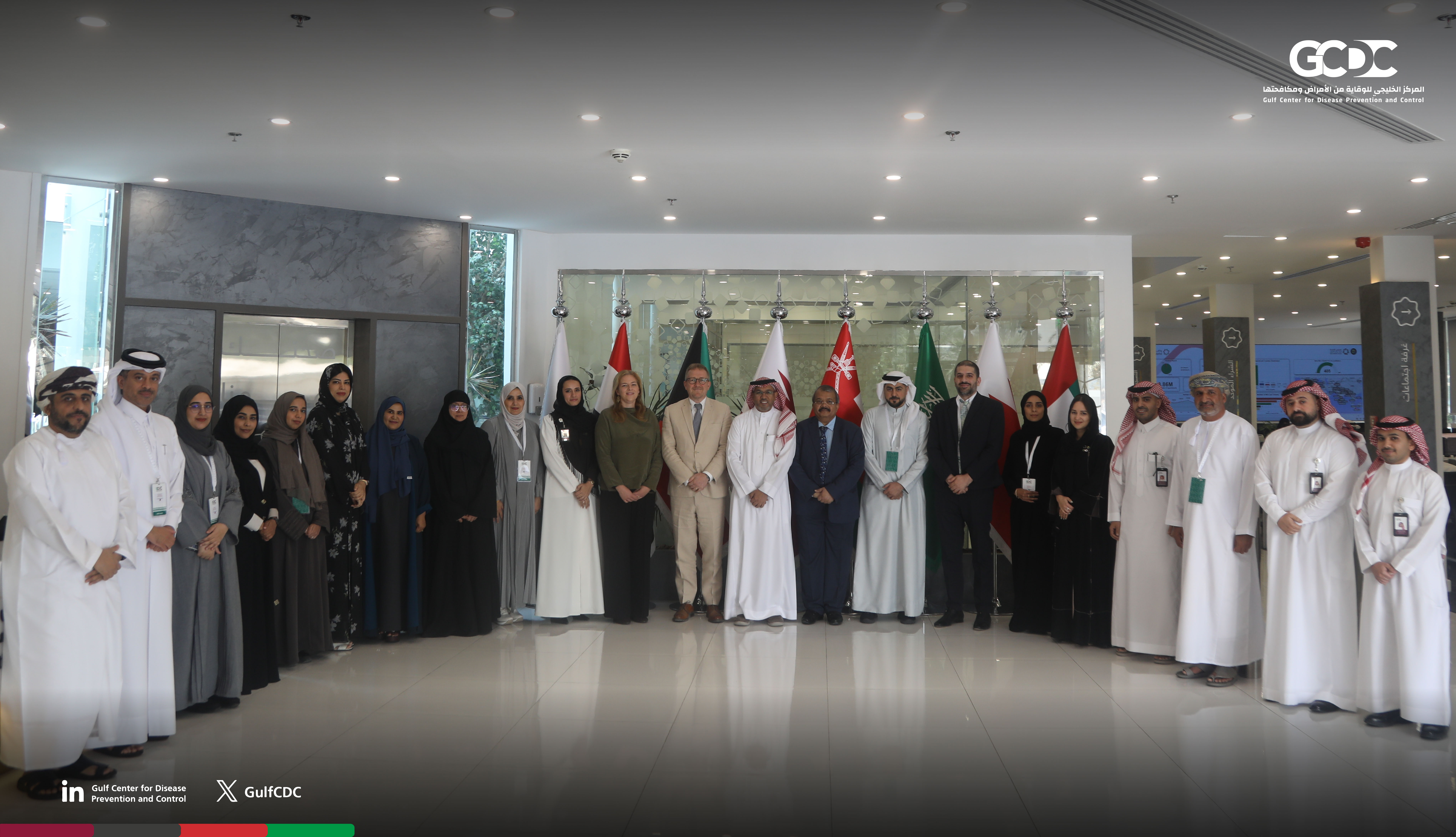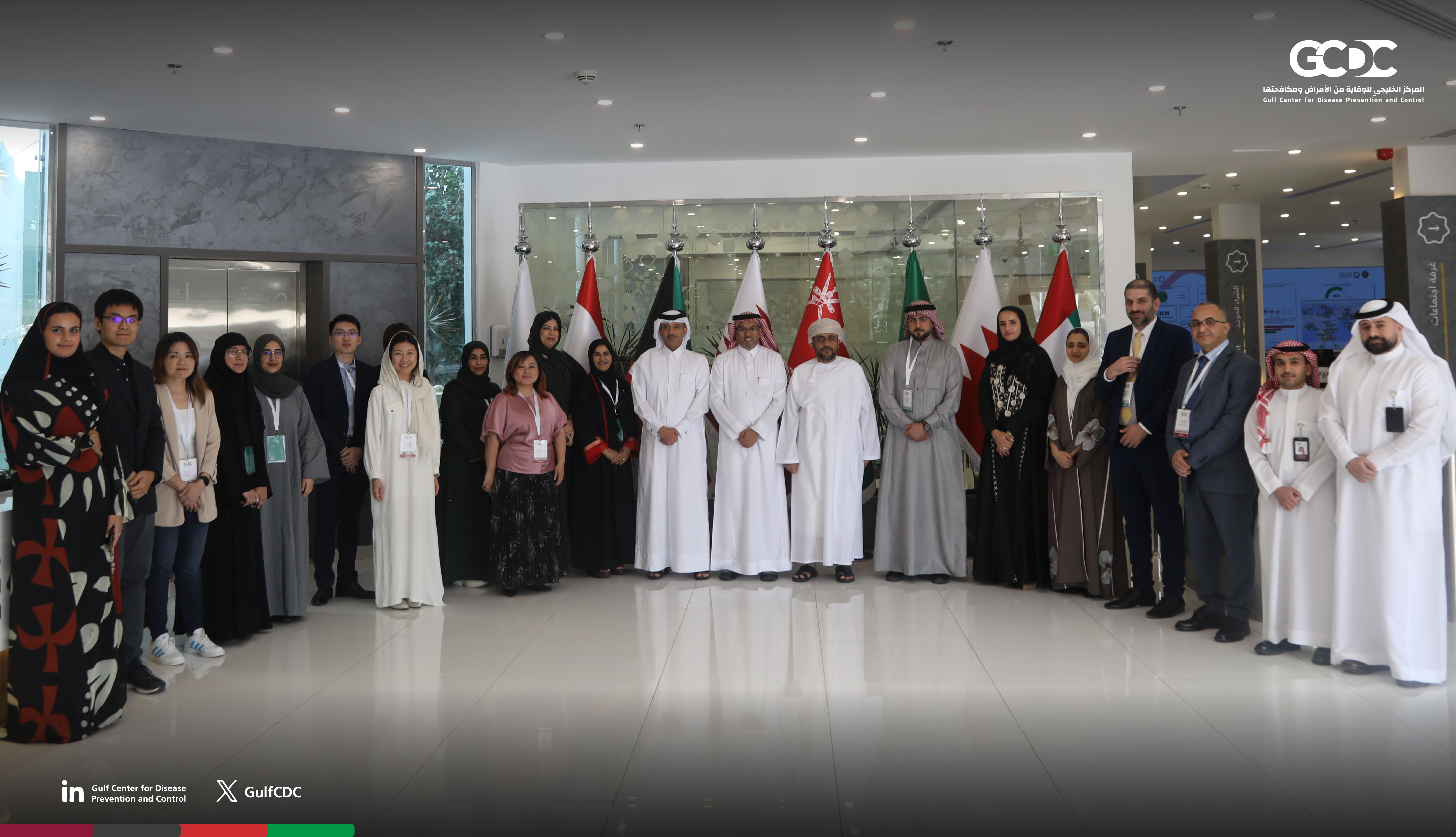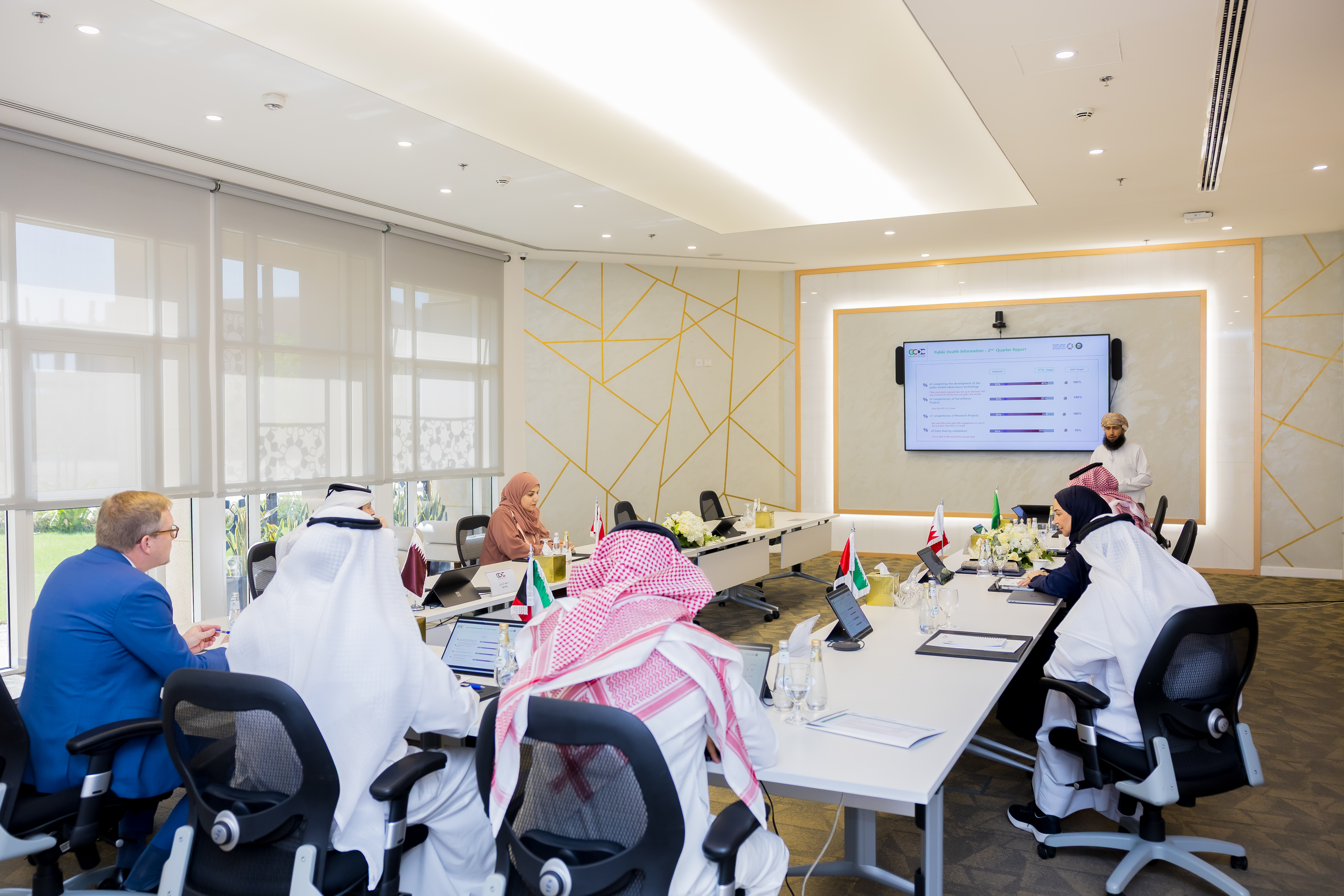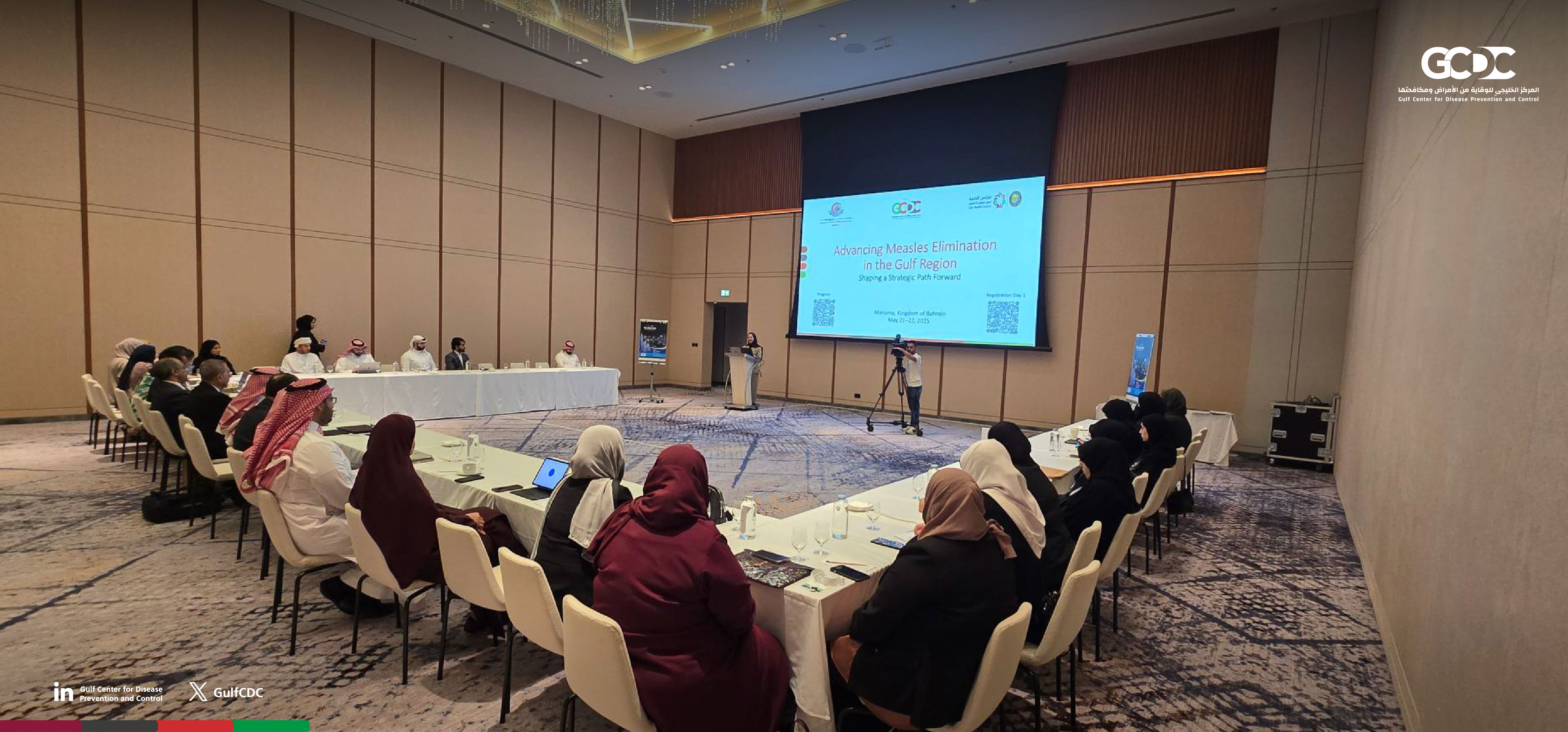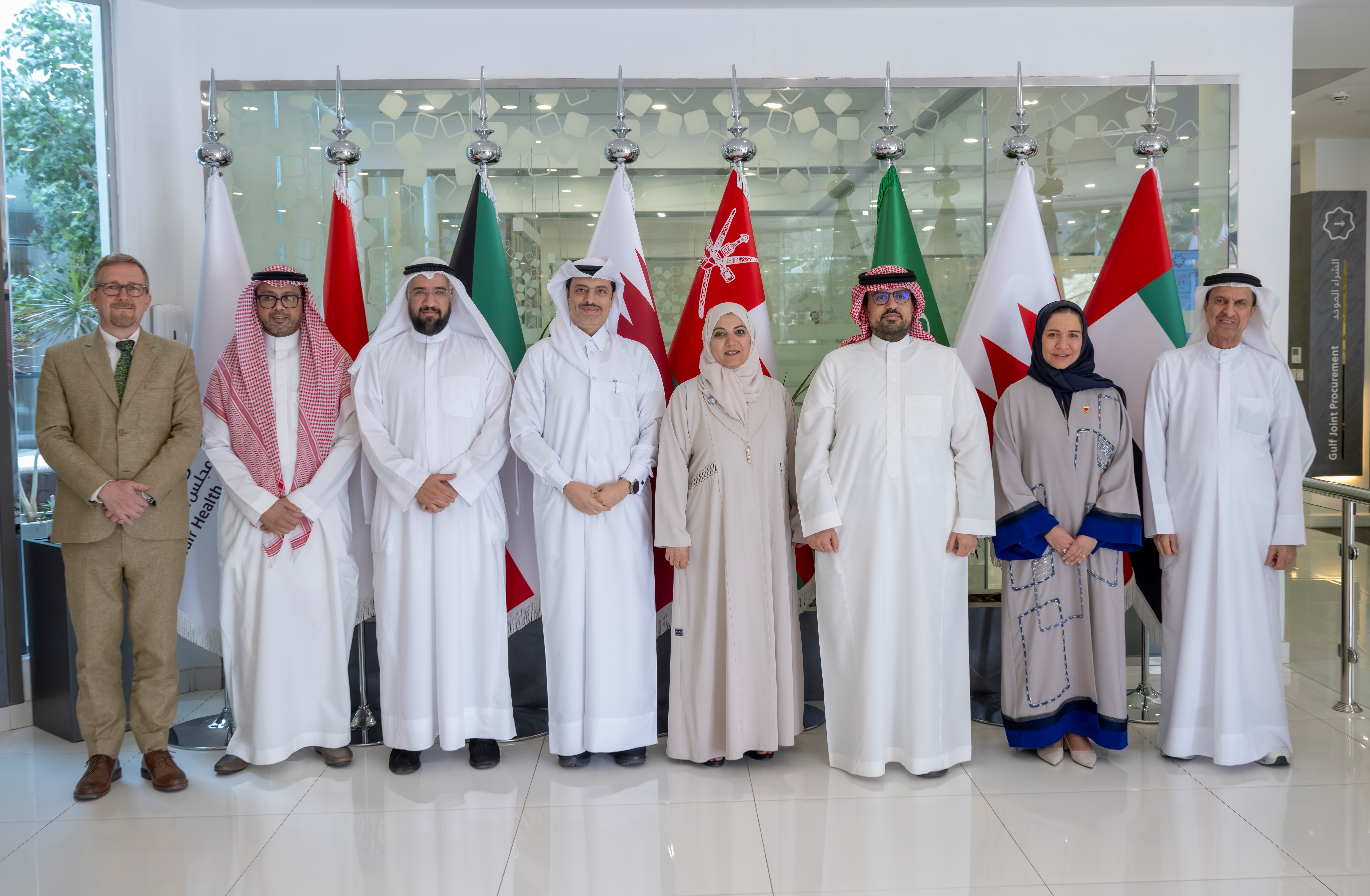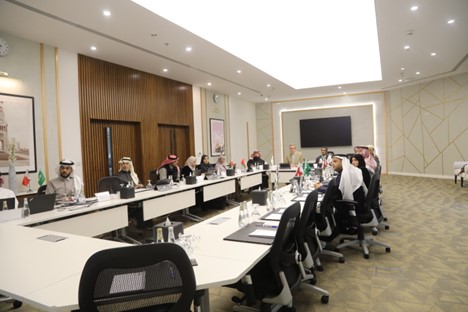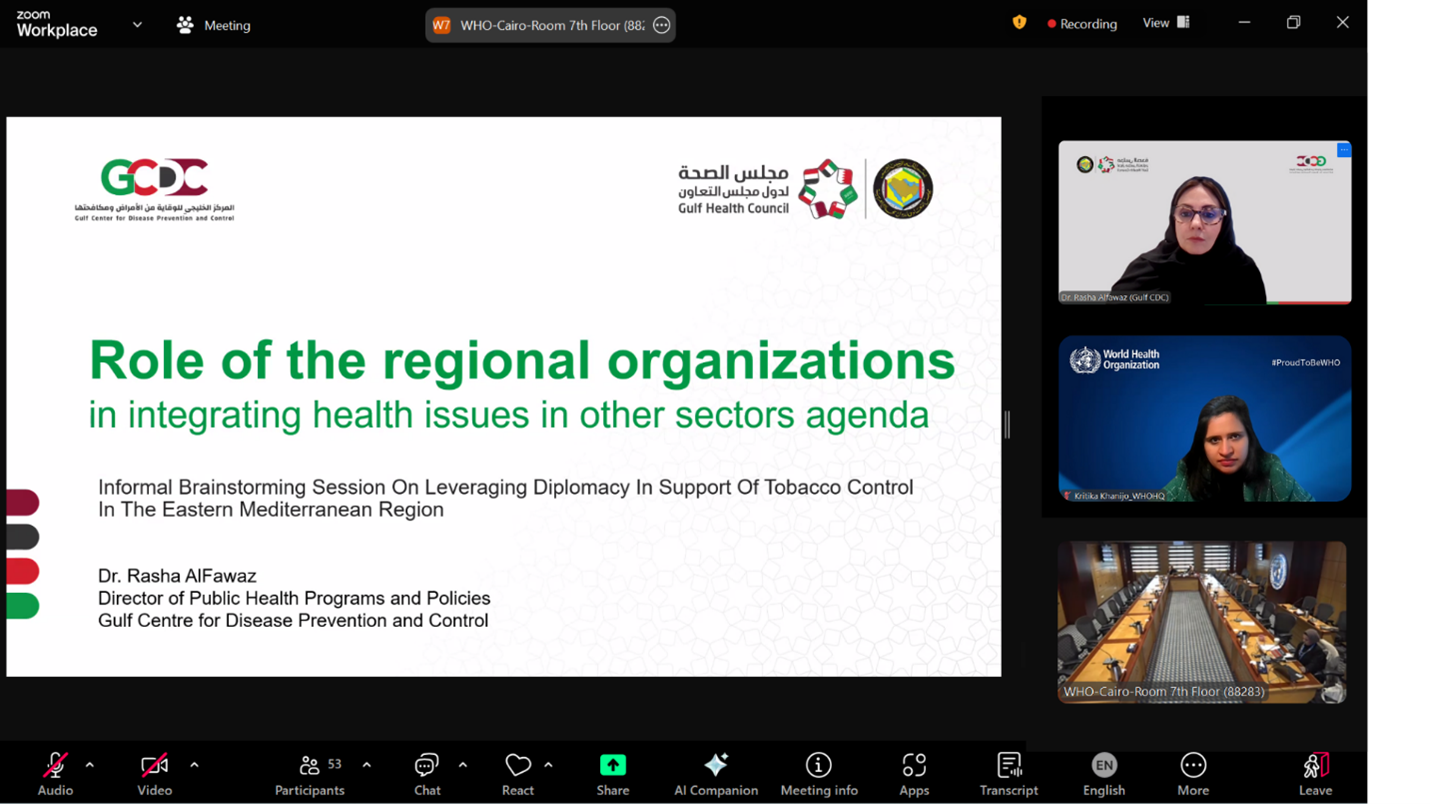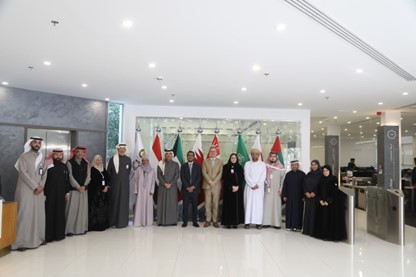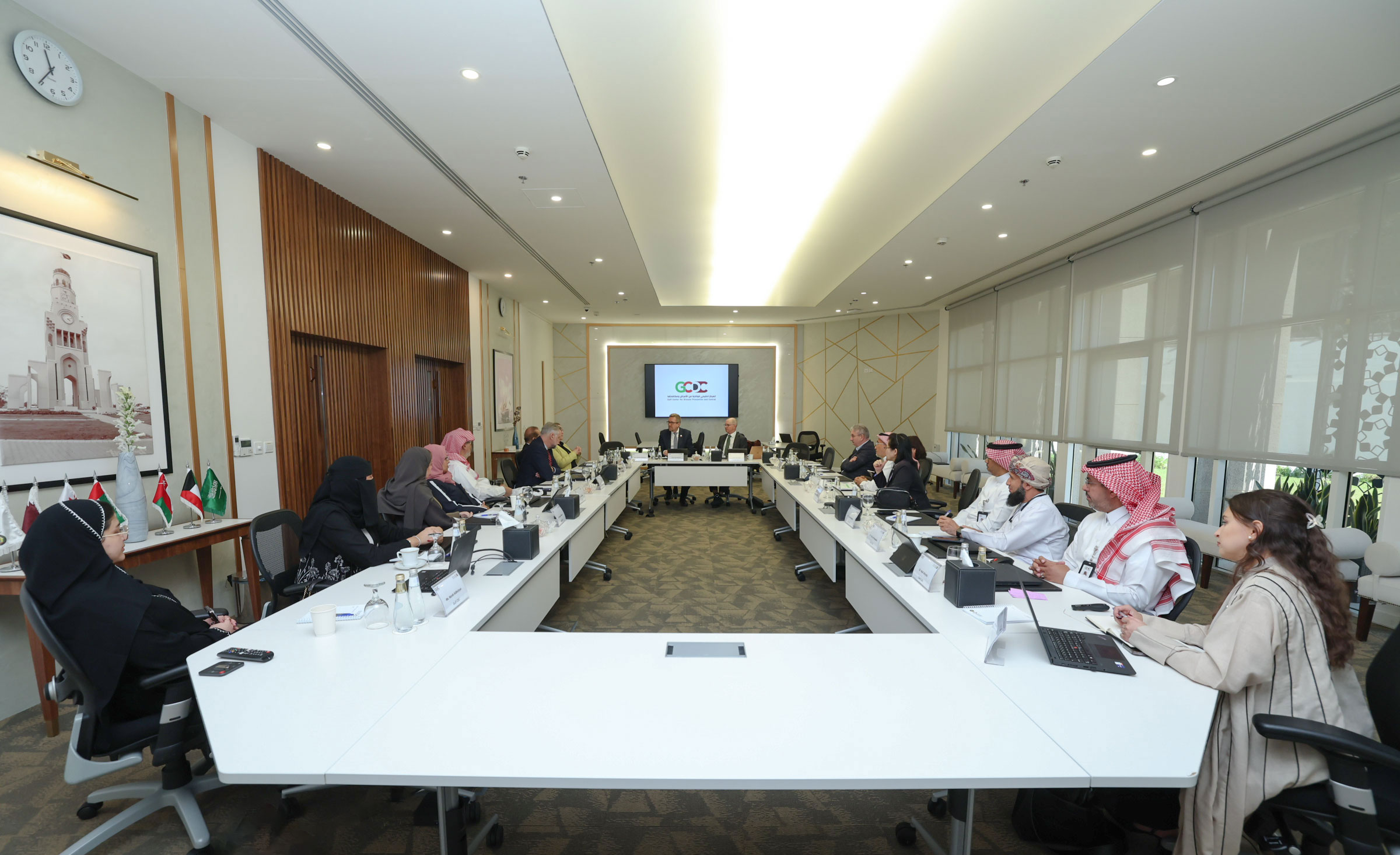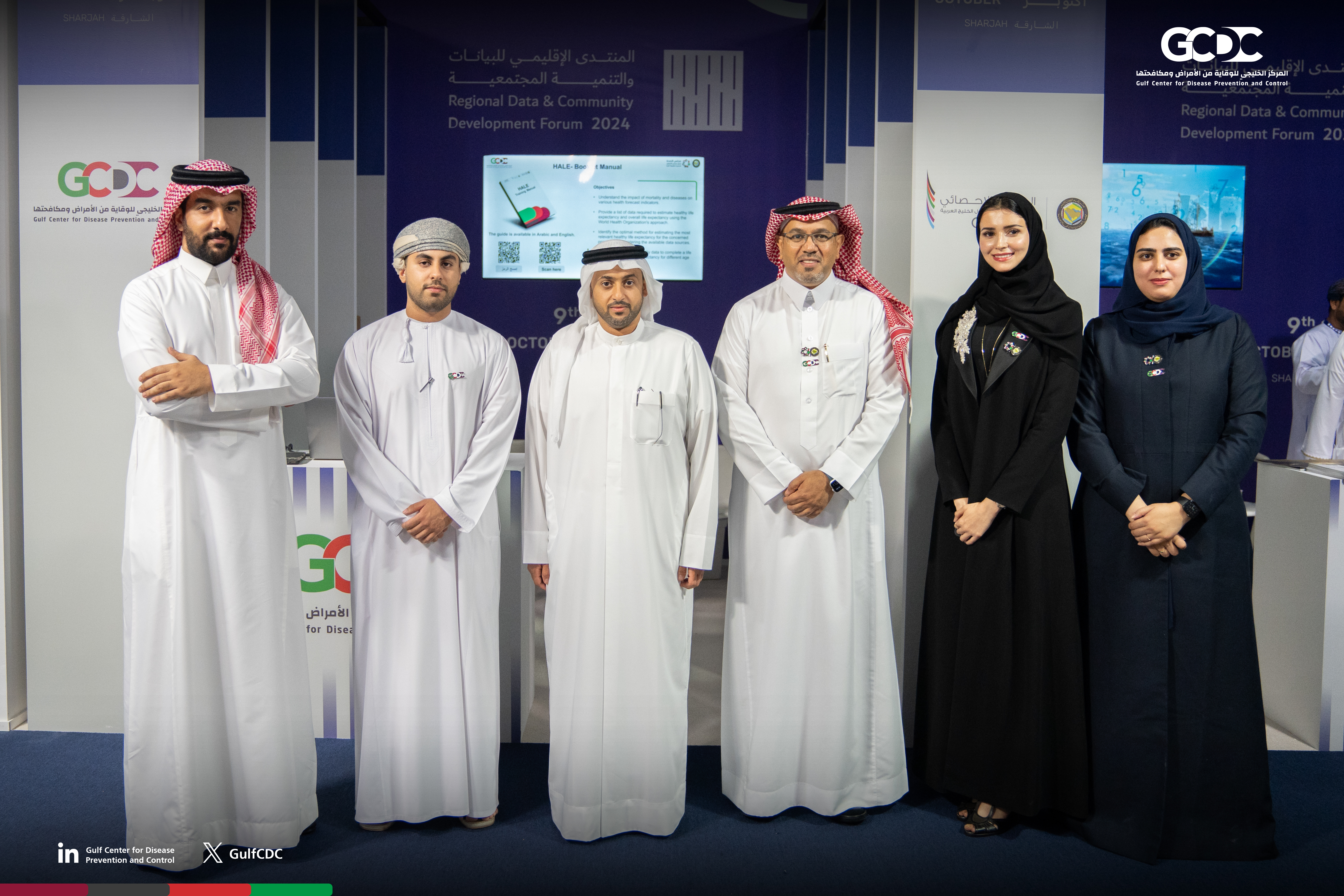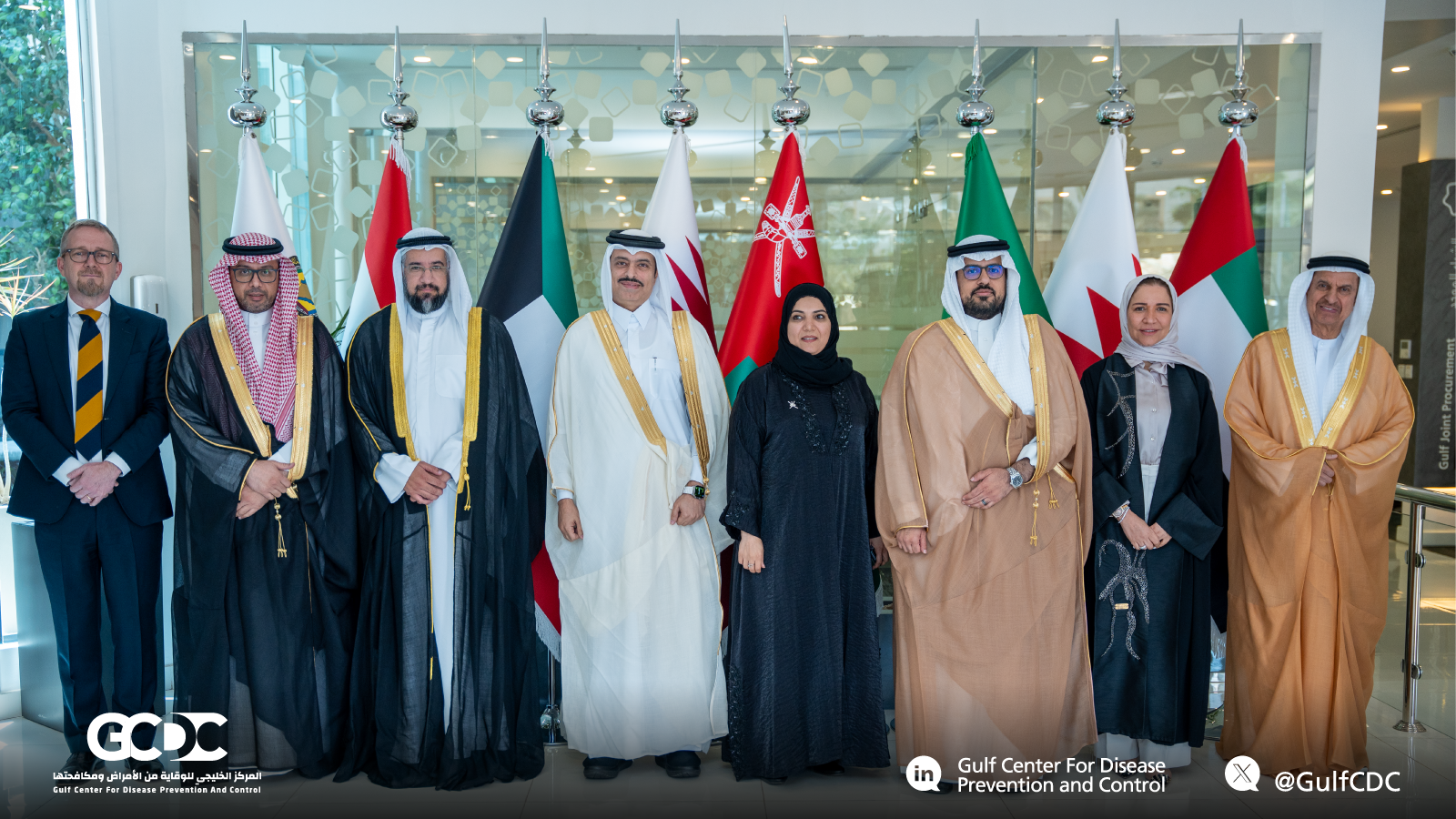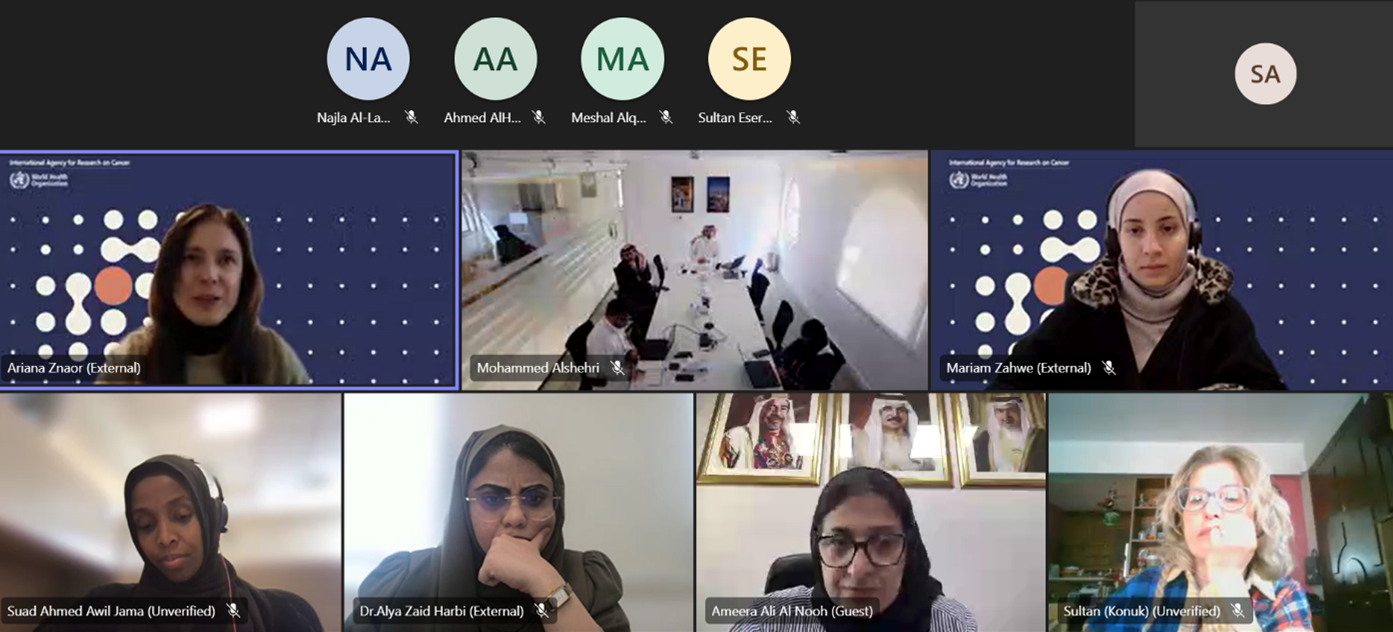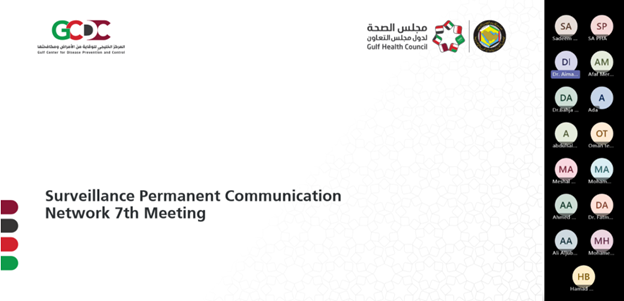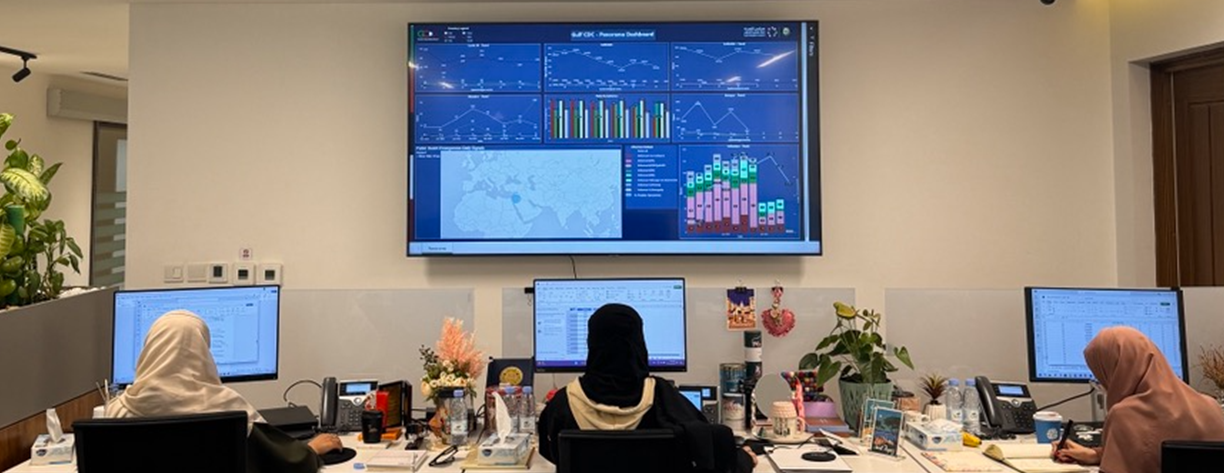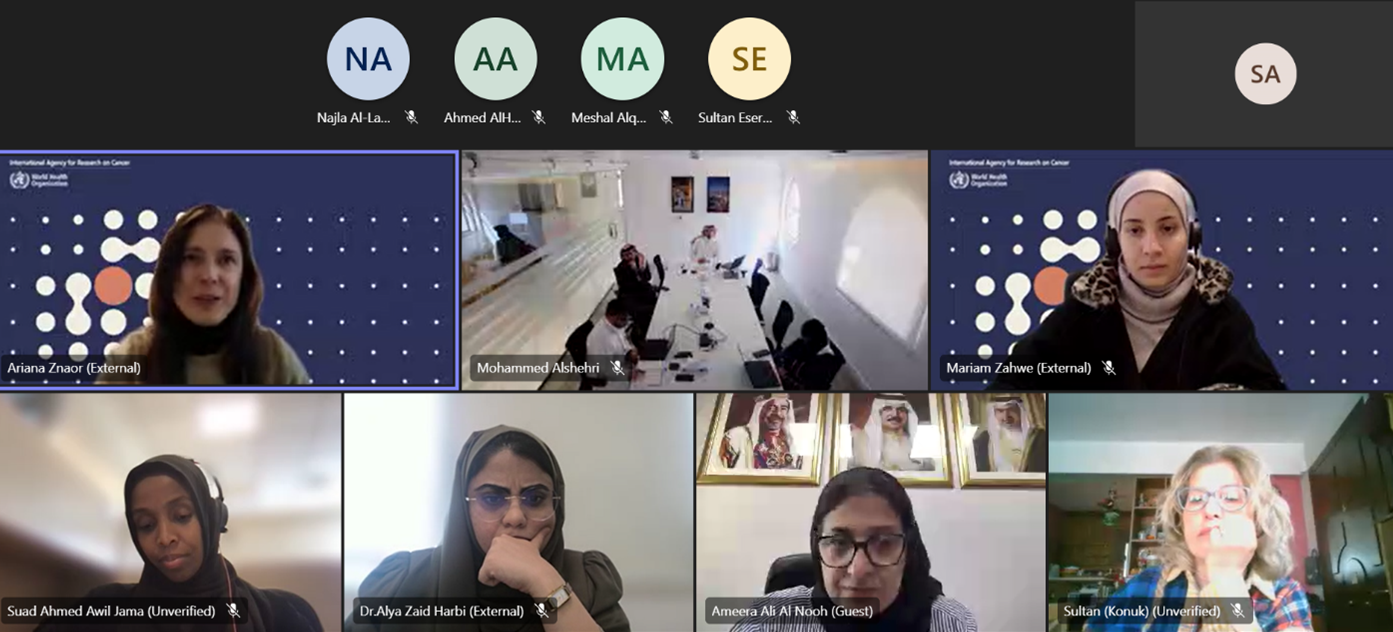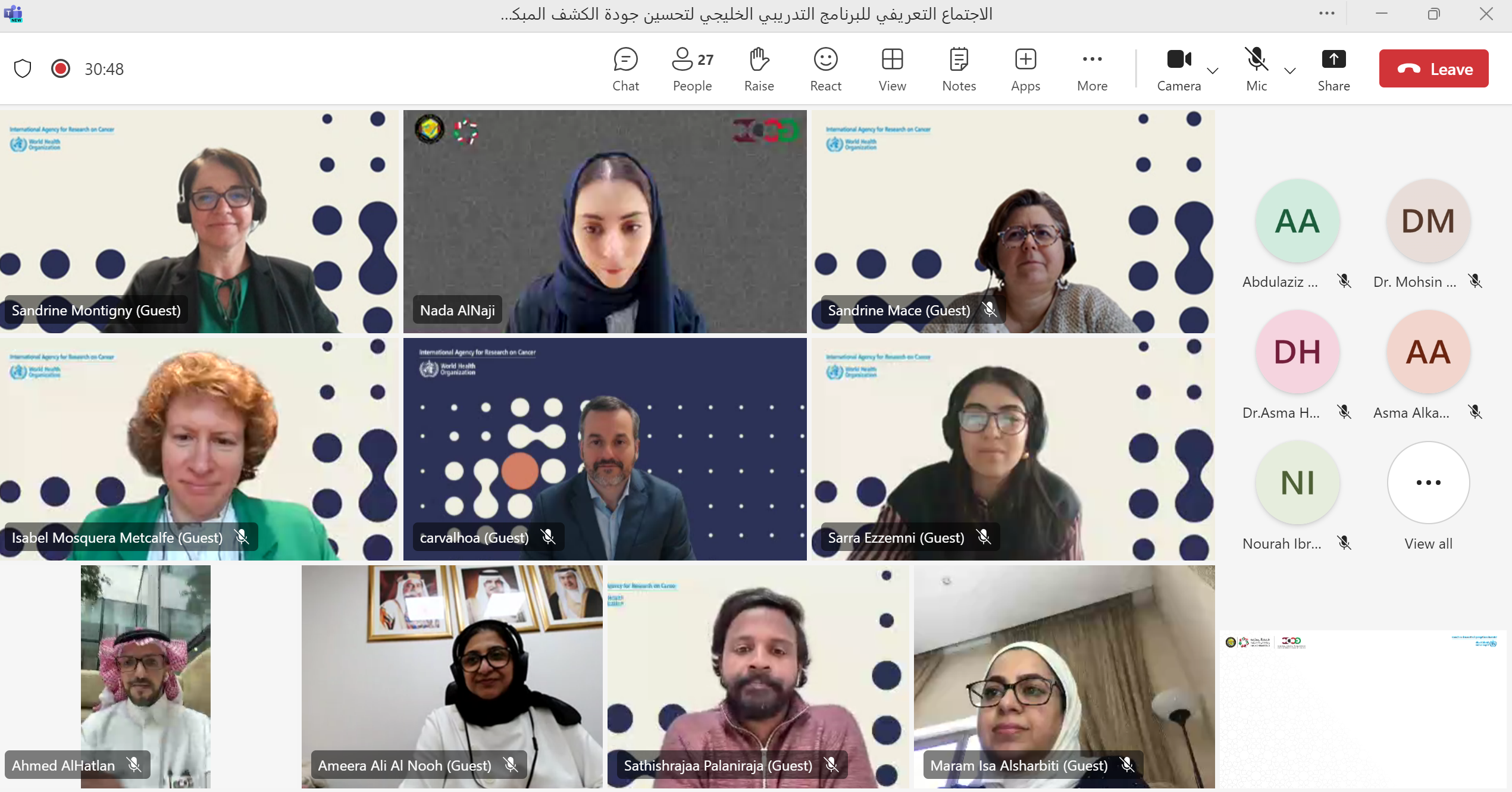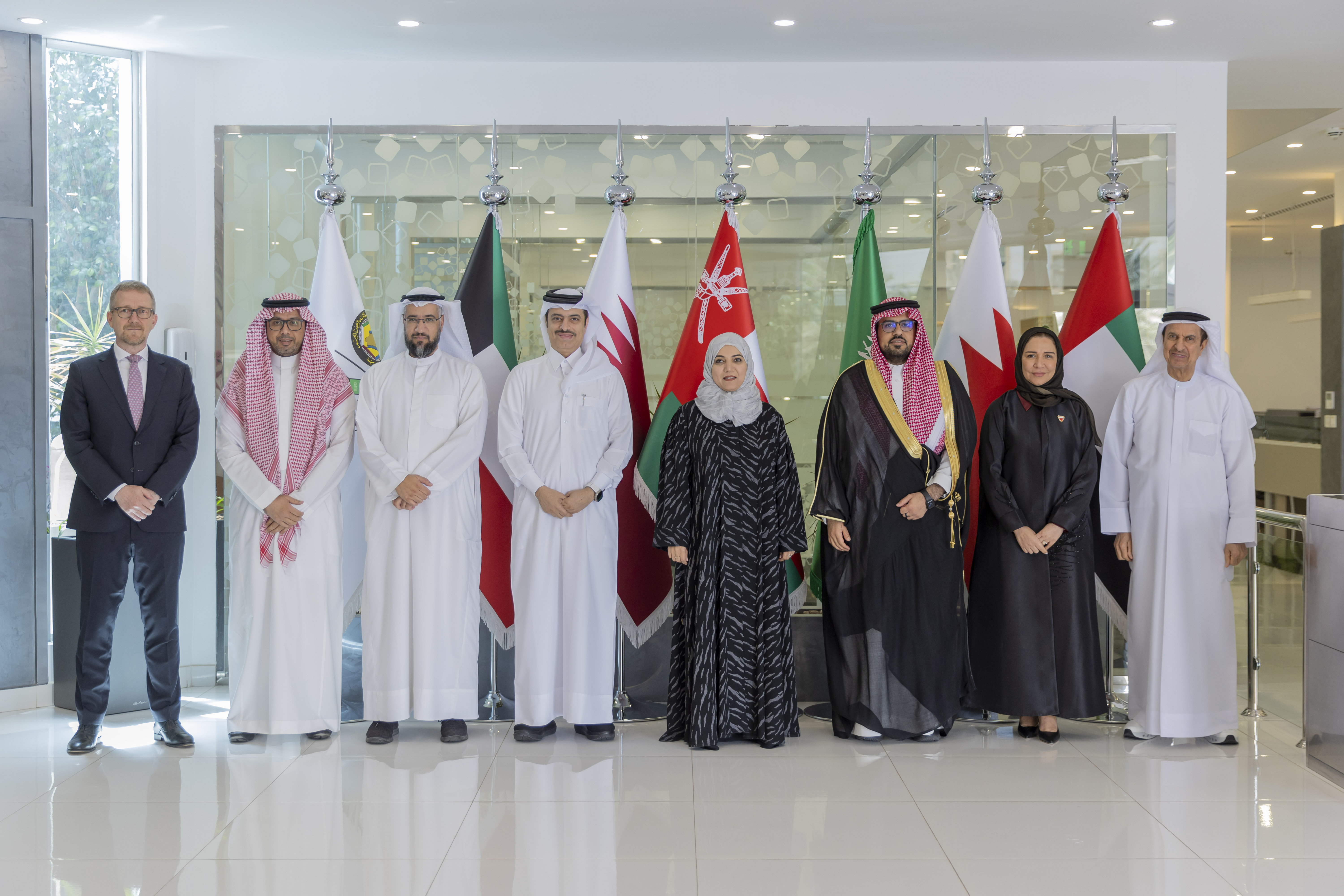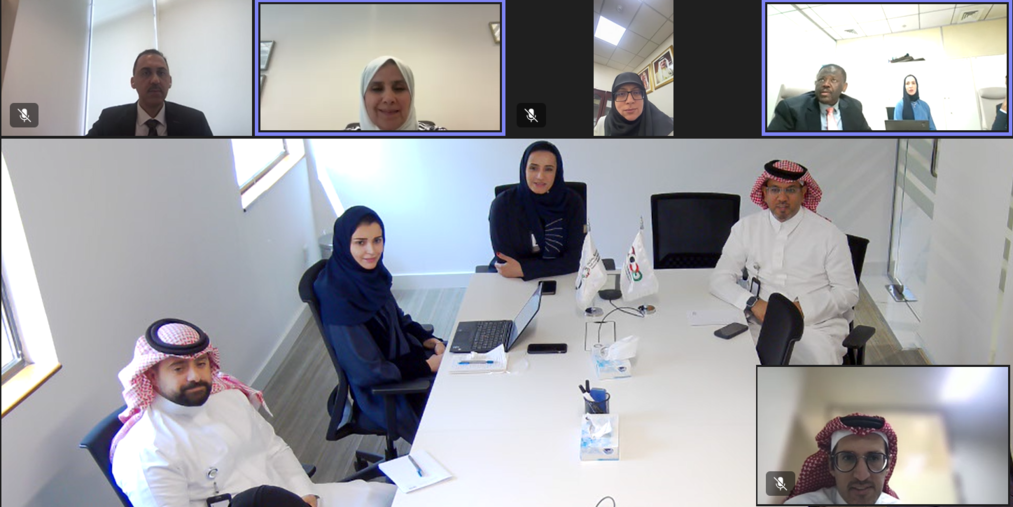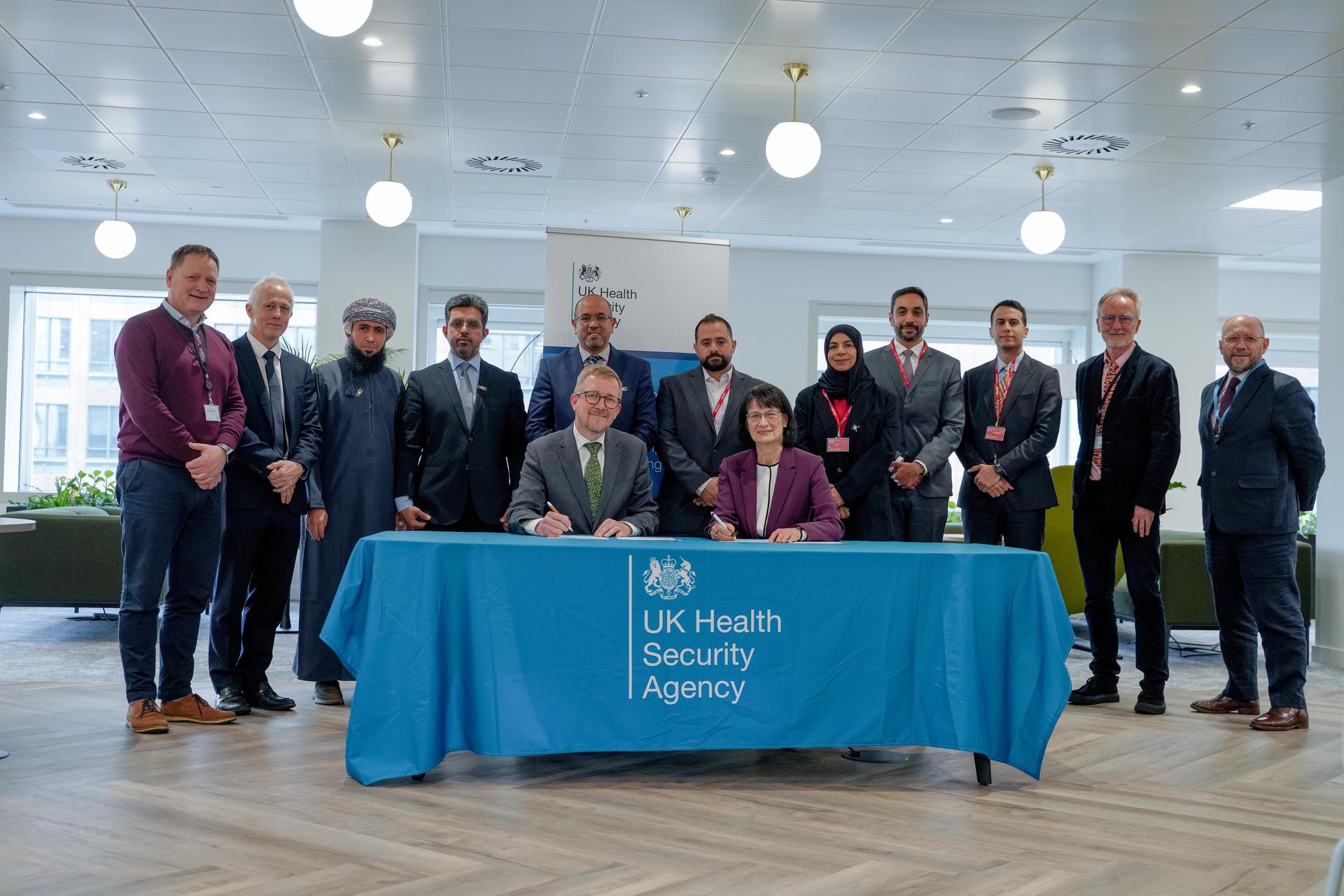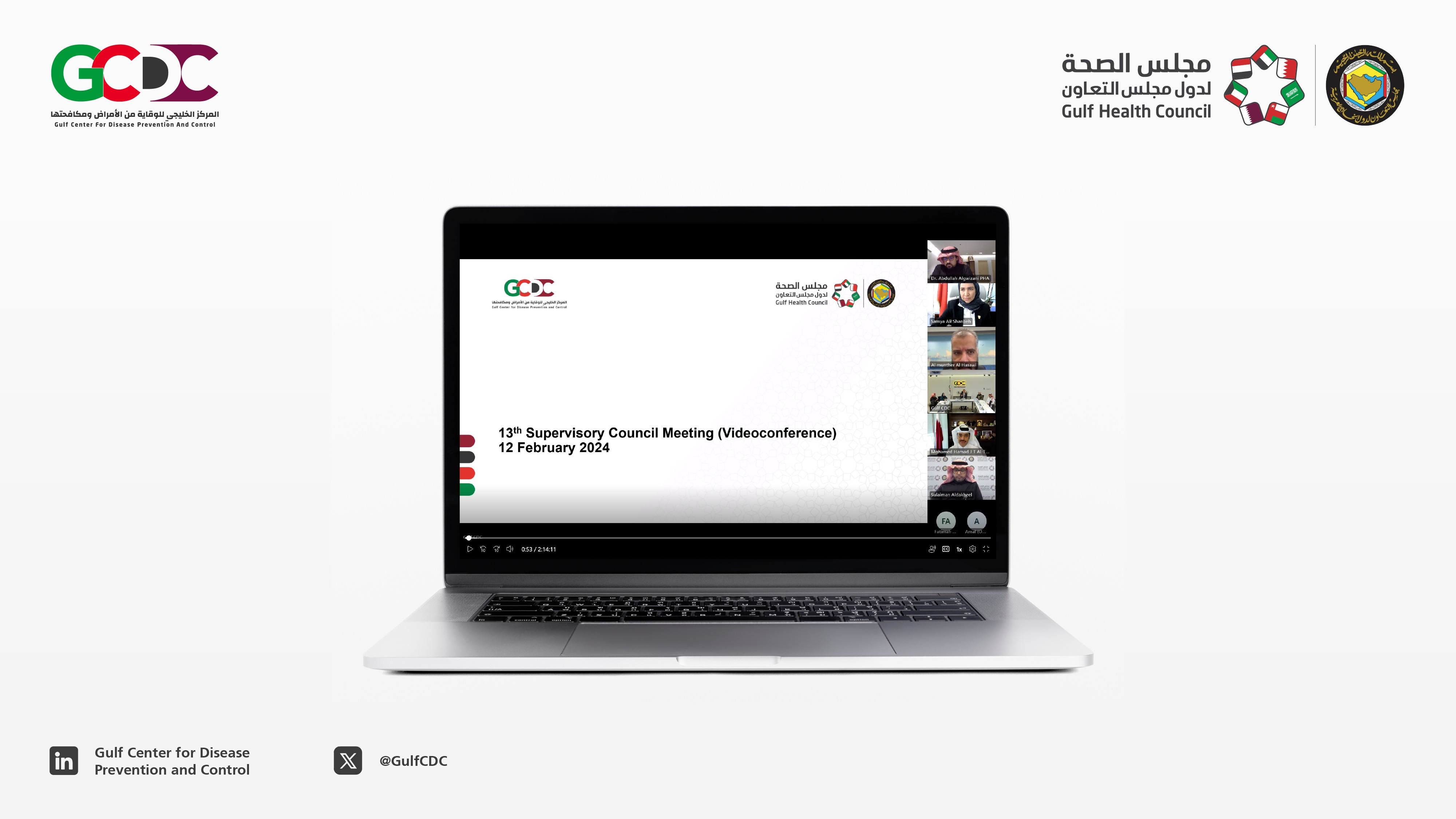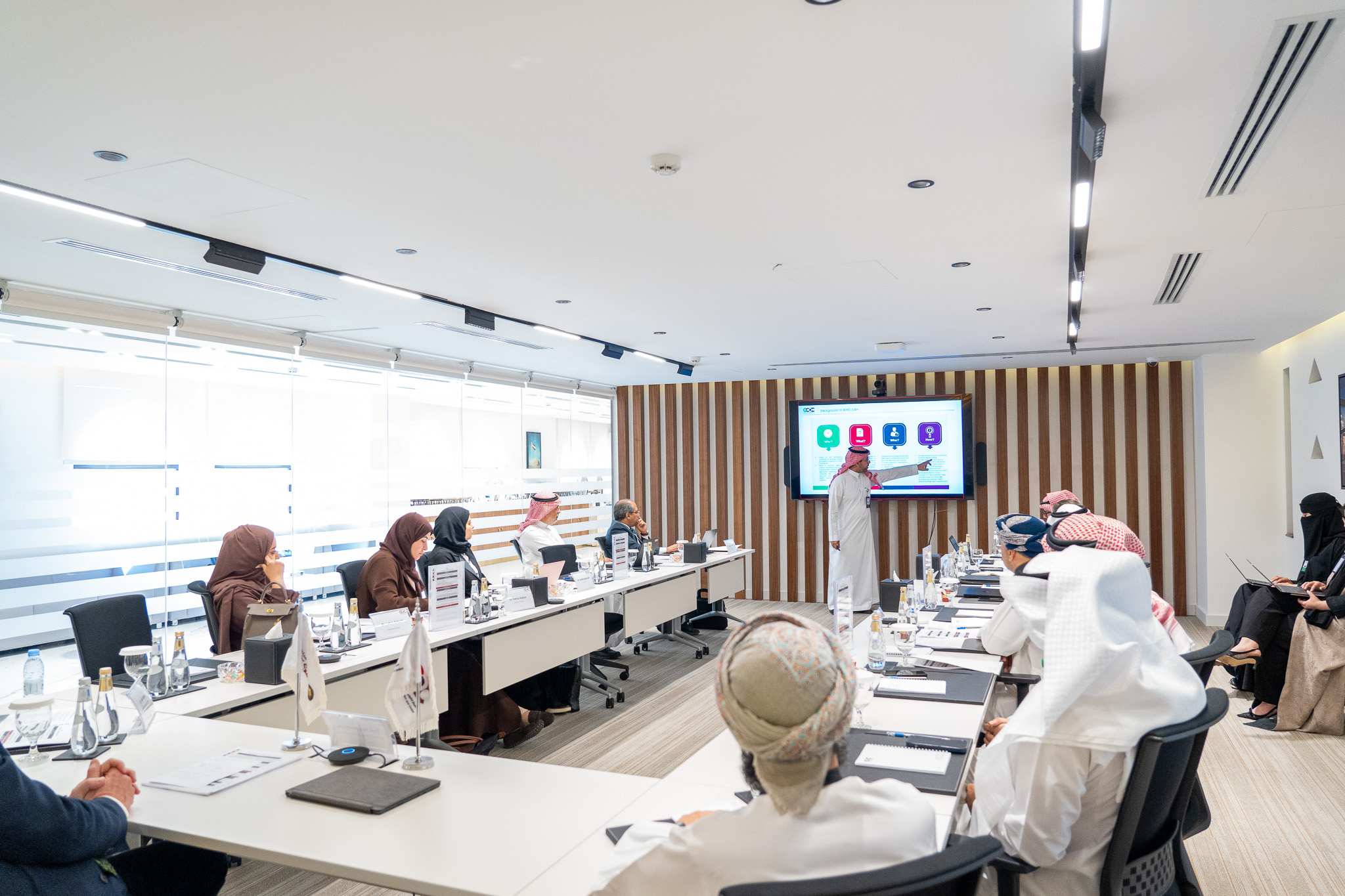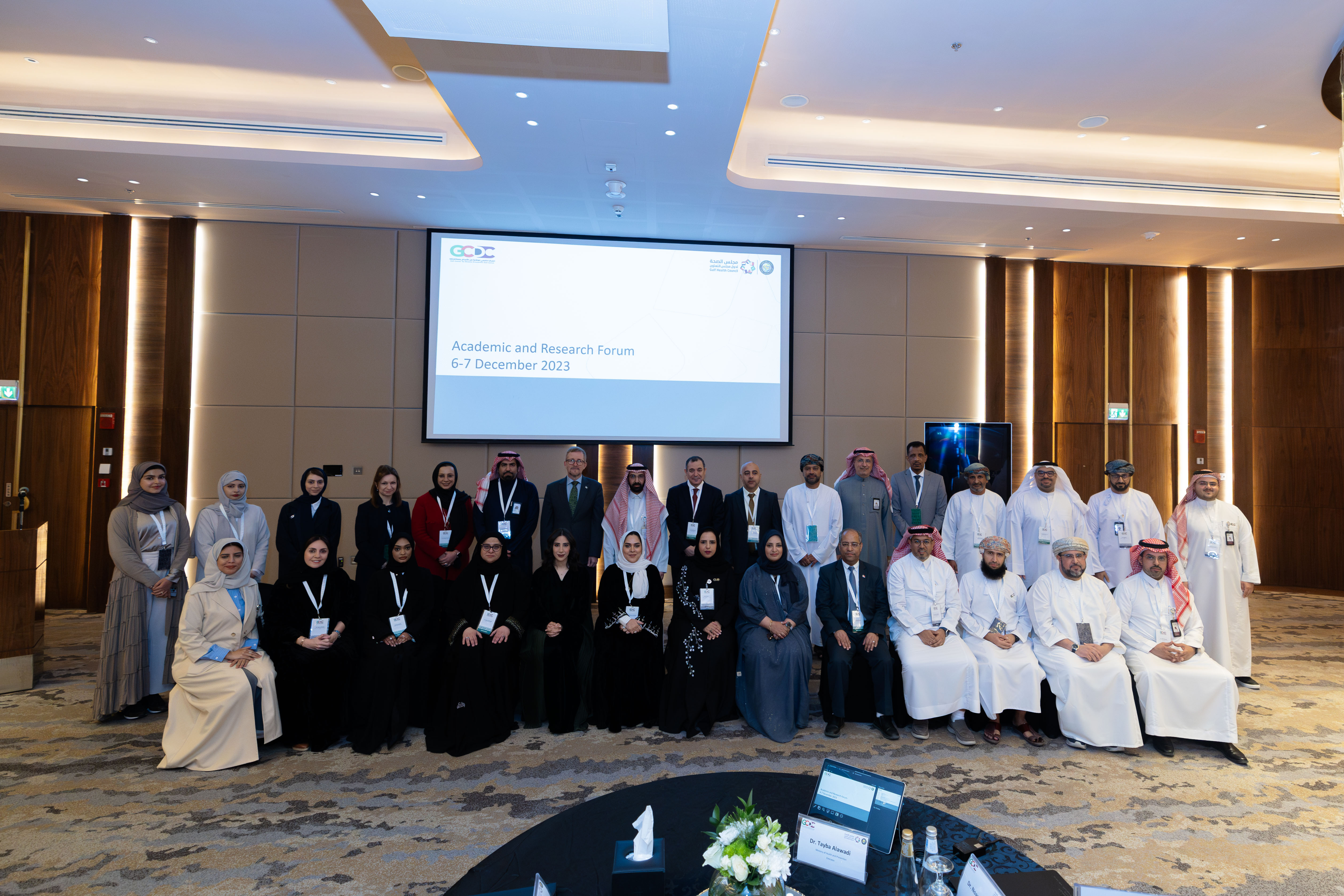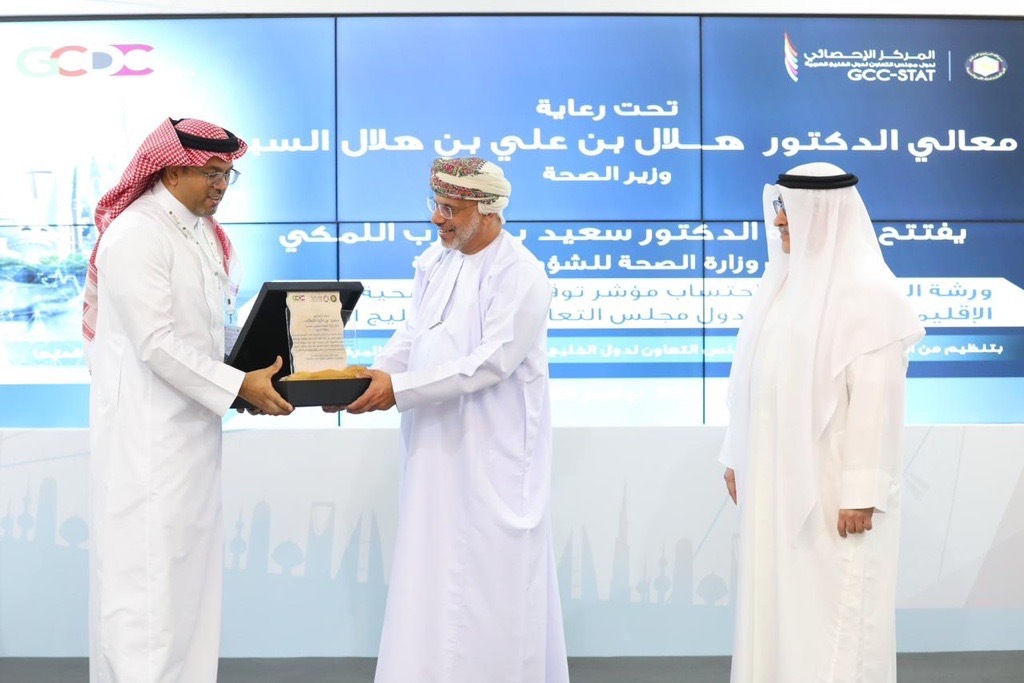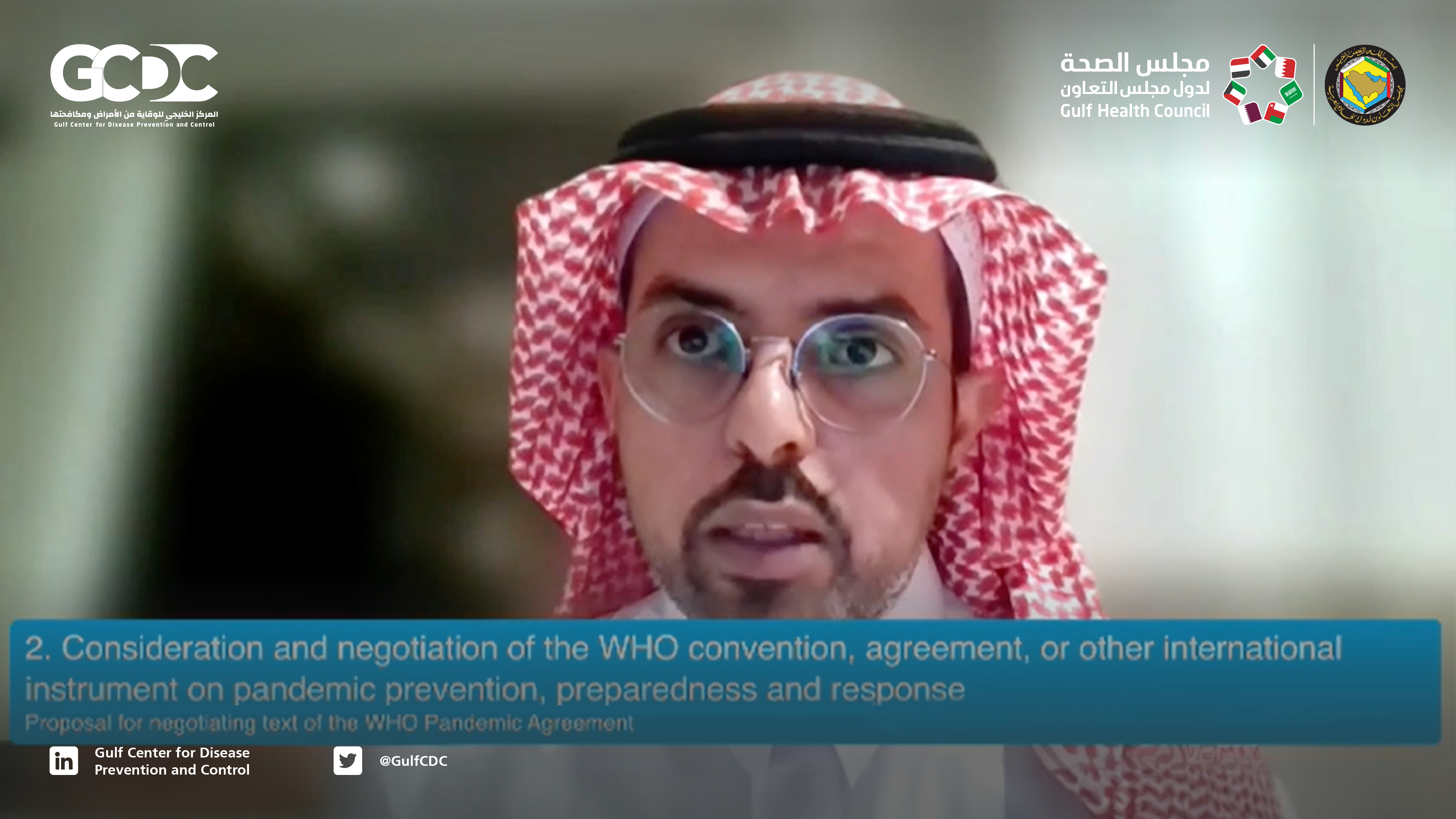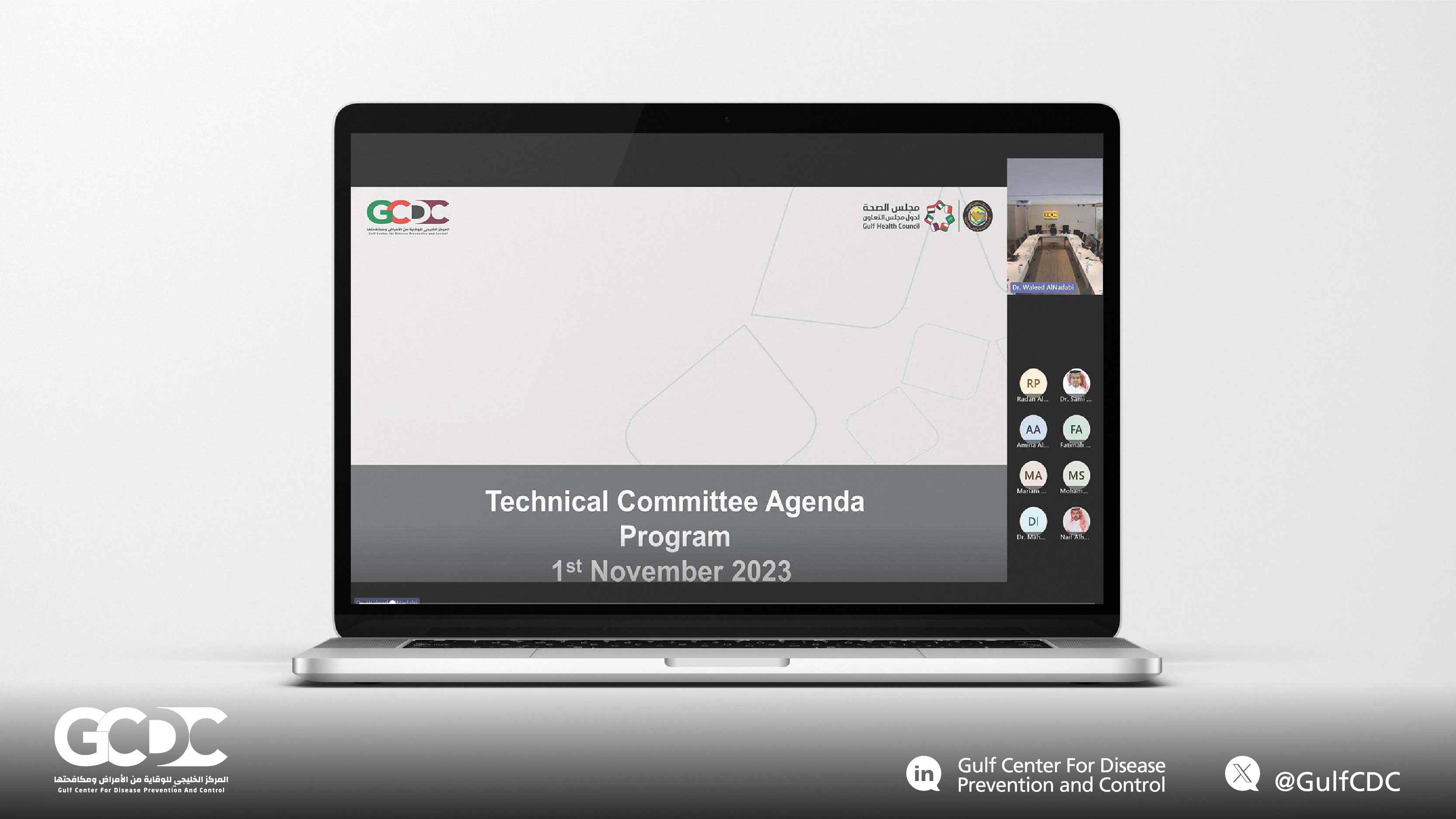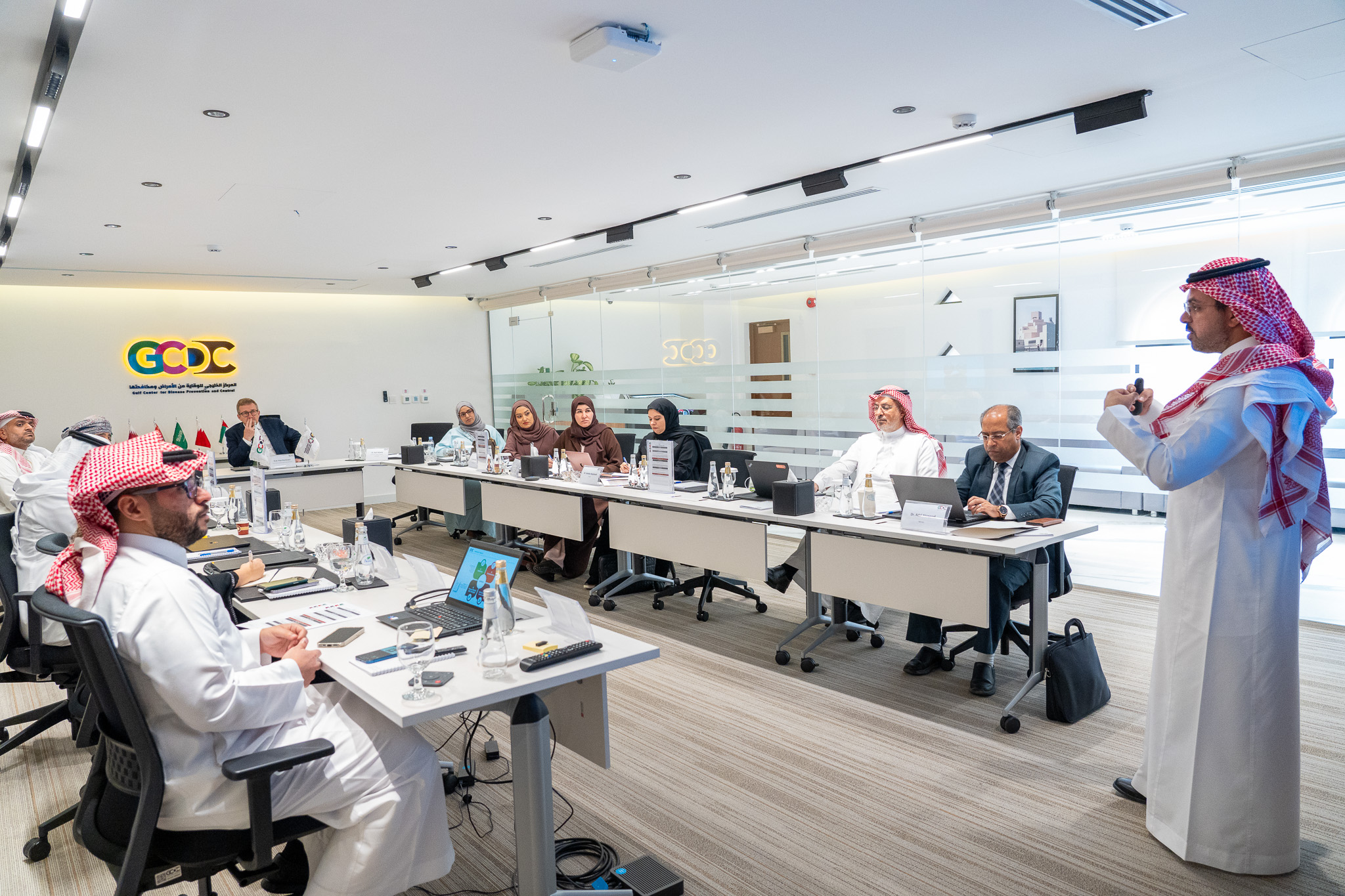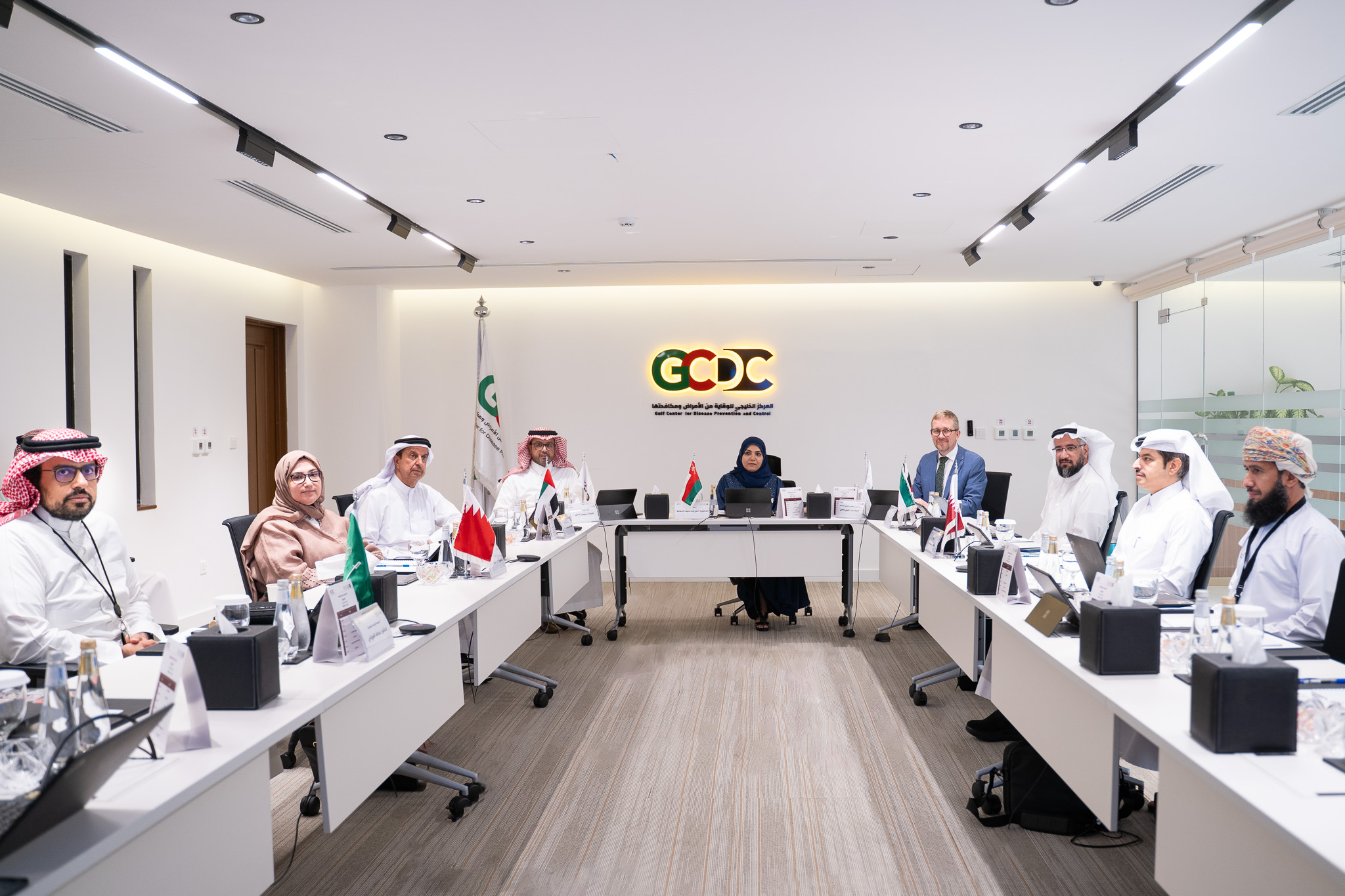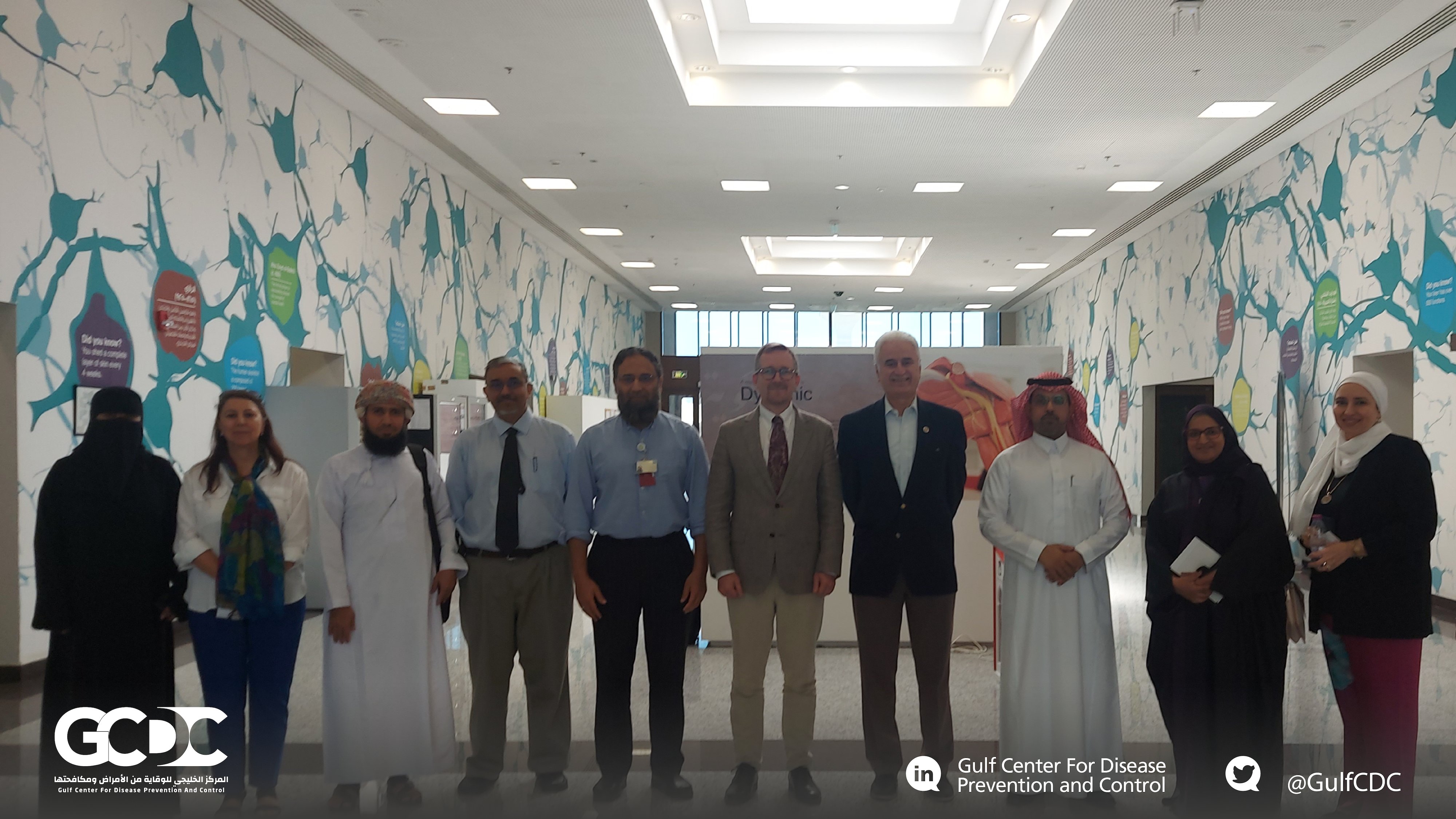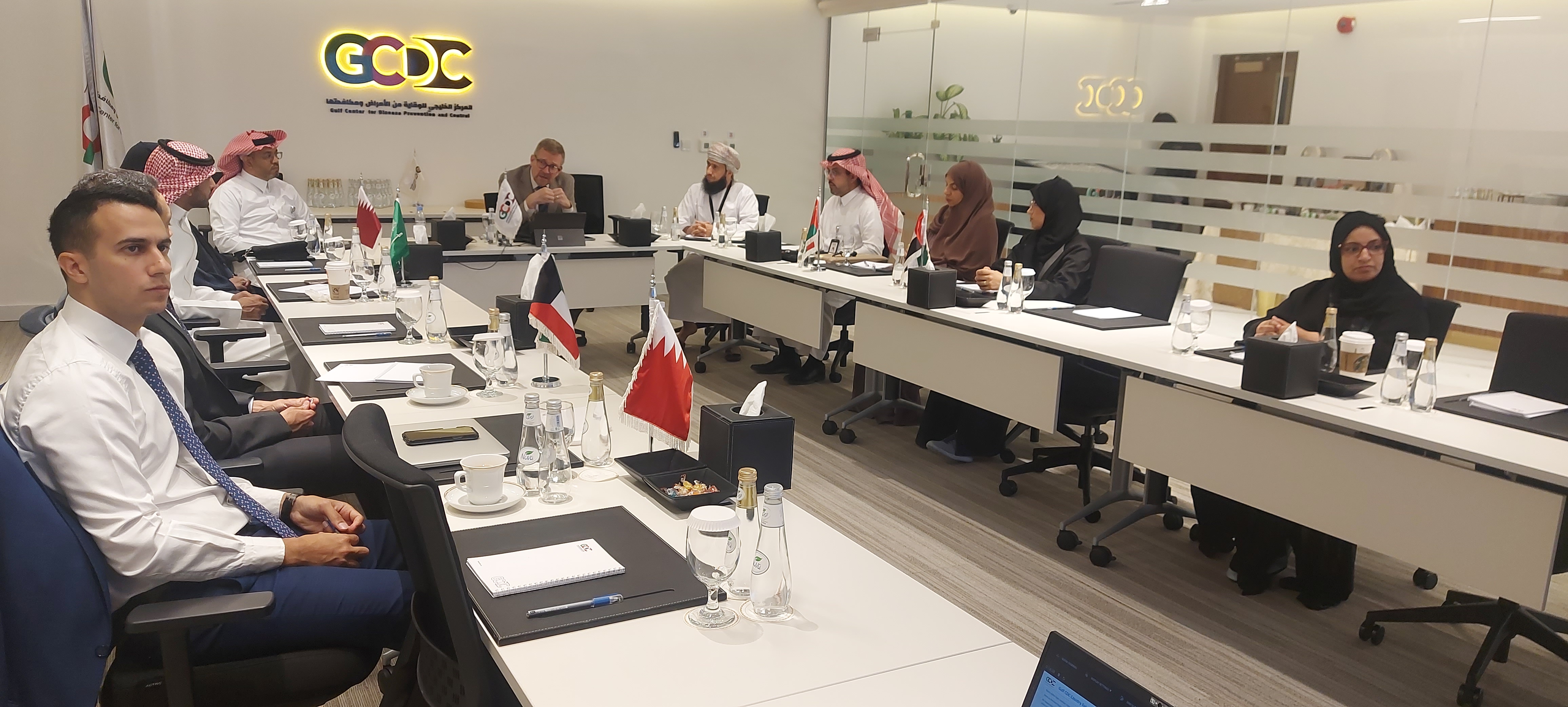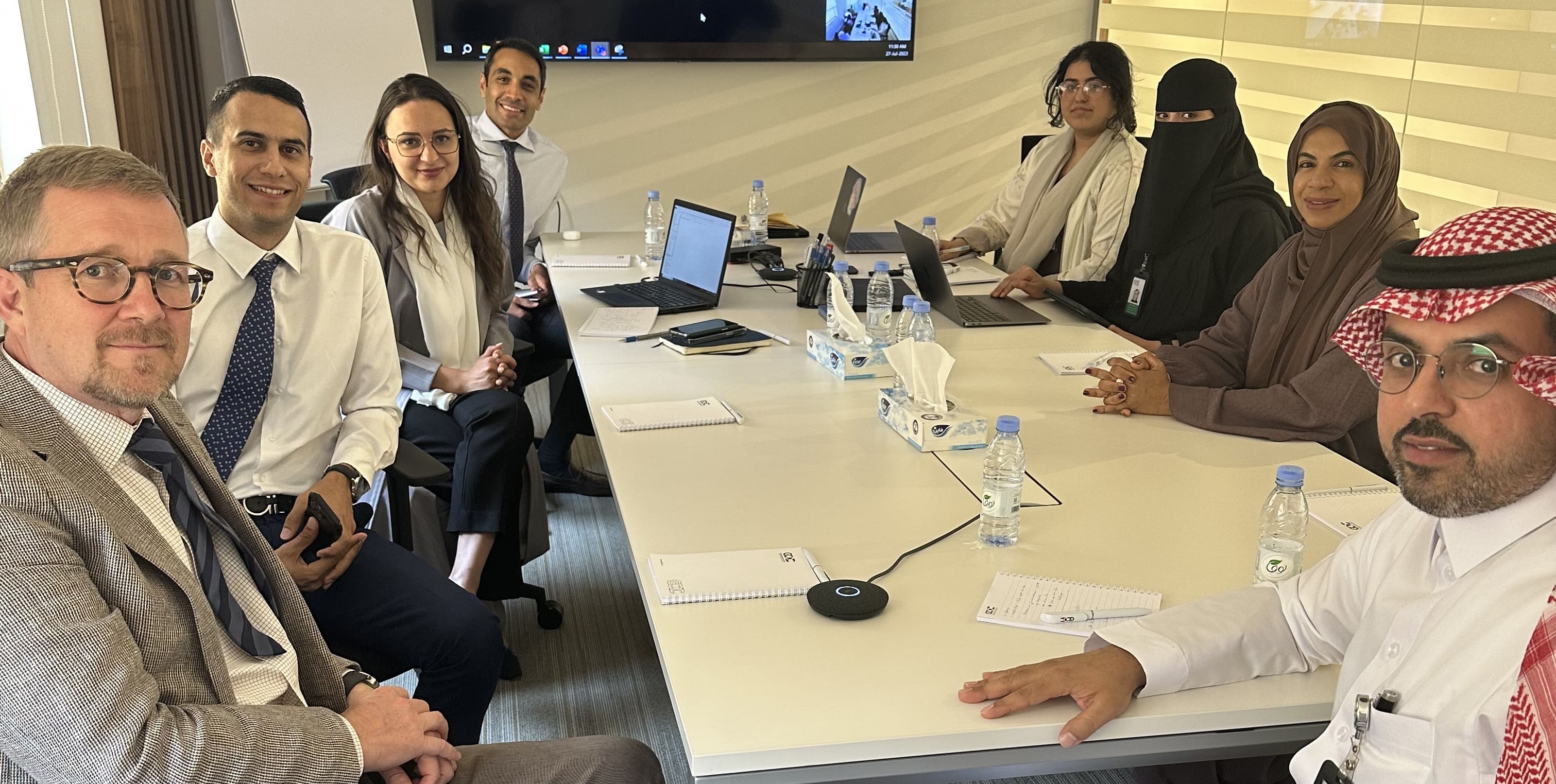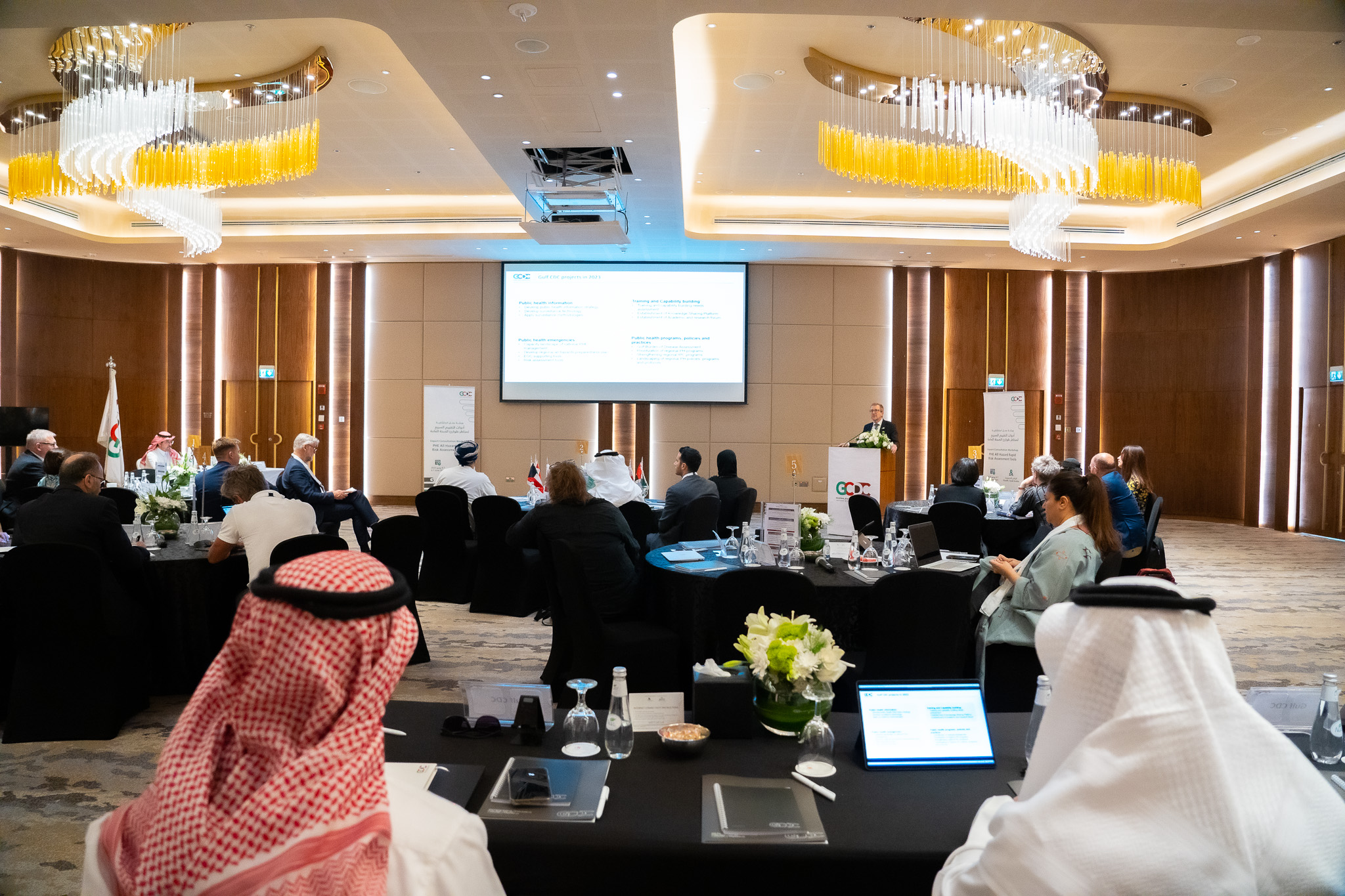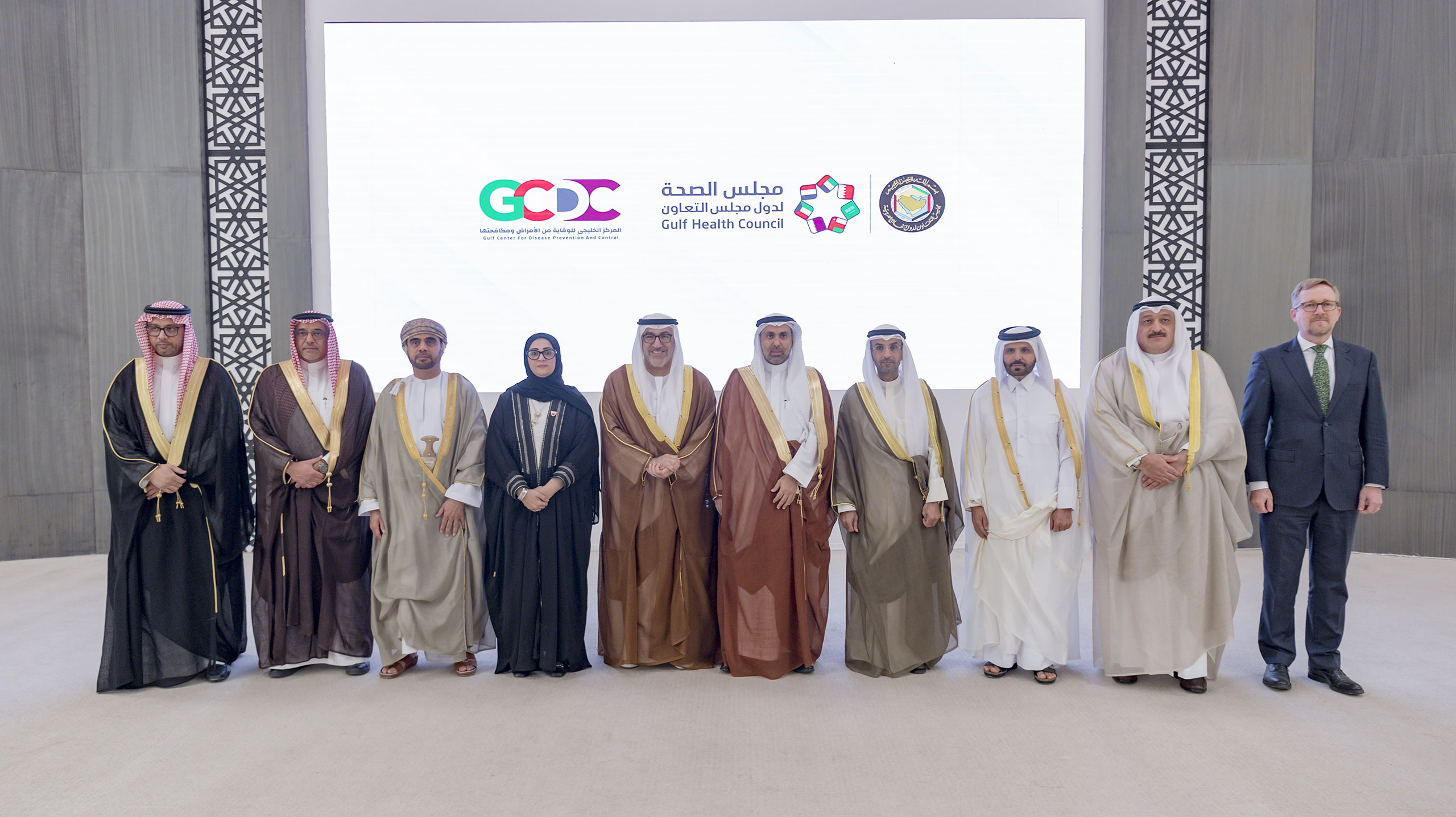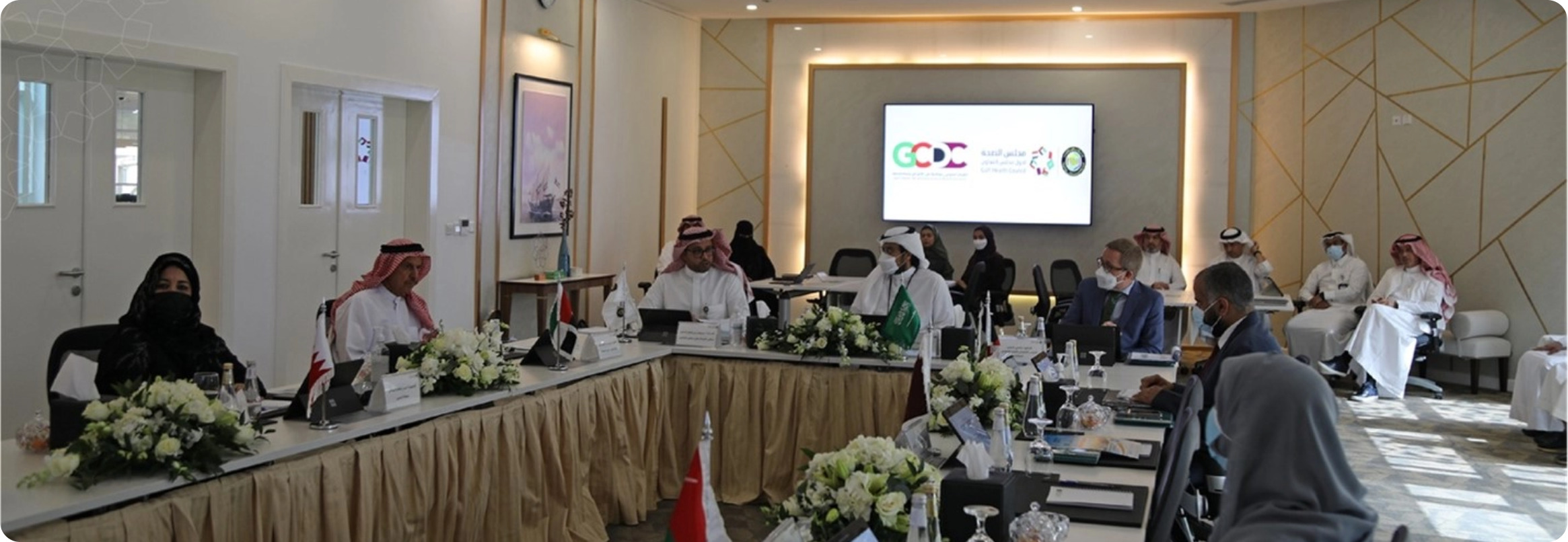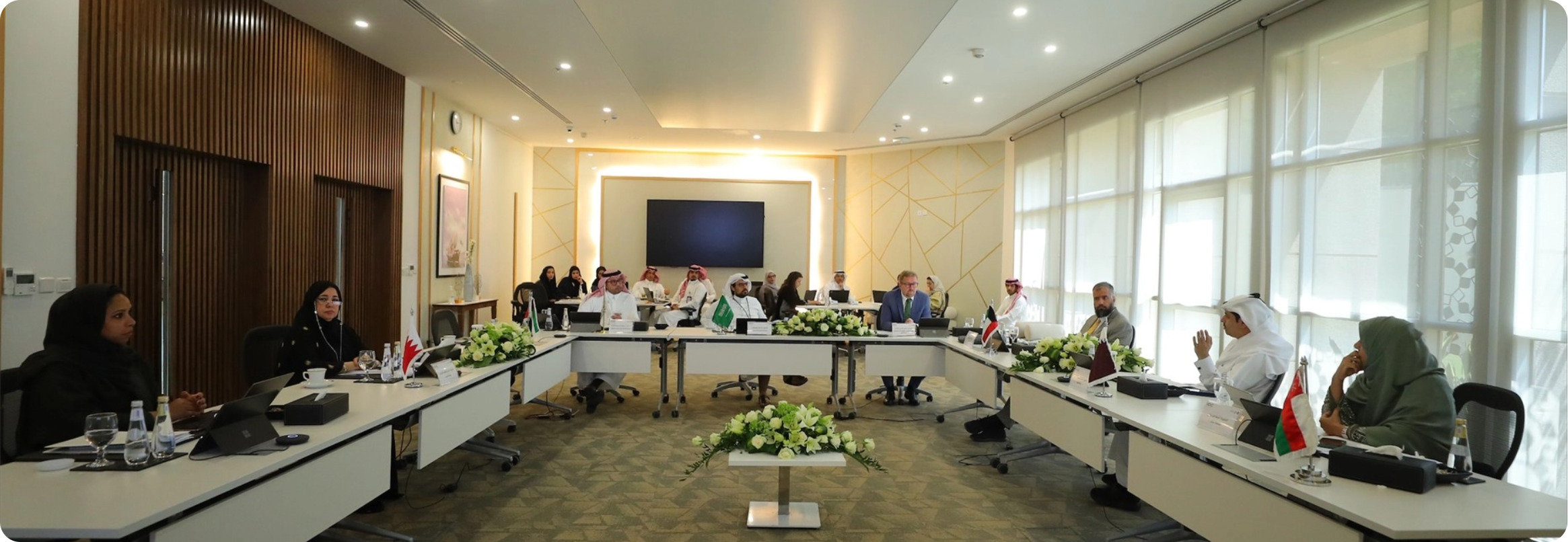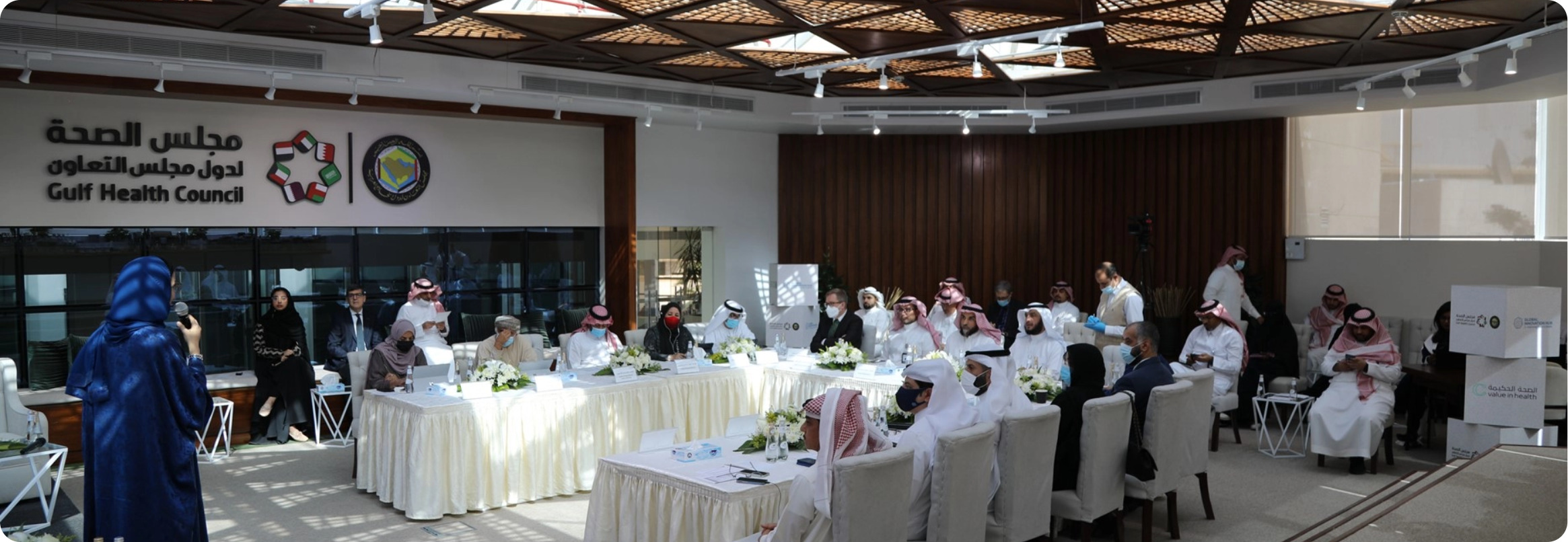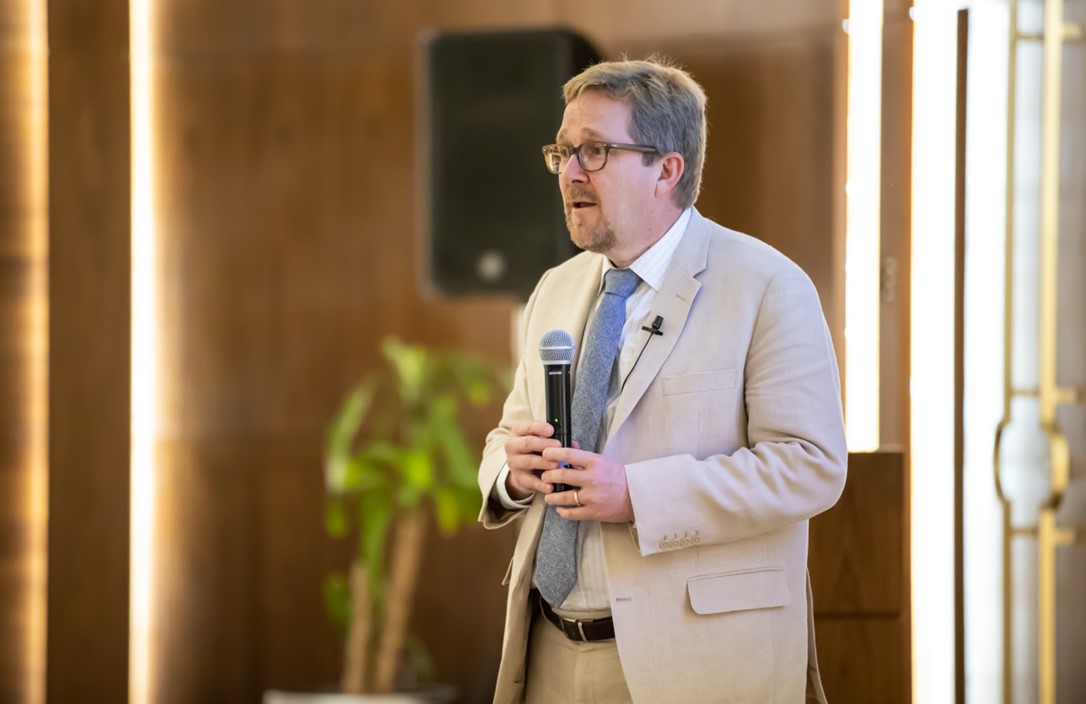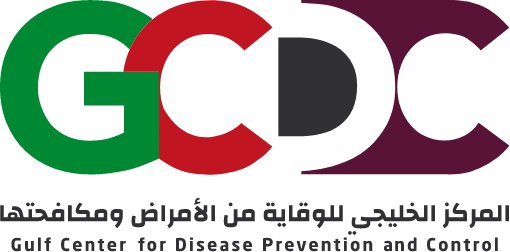Gulf CDC establishes a health emergency network
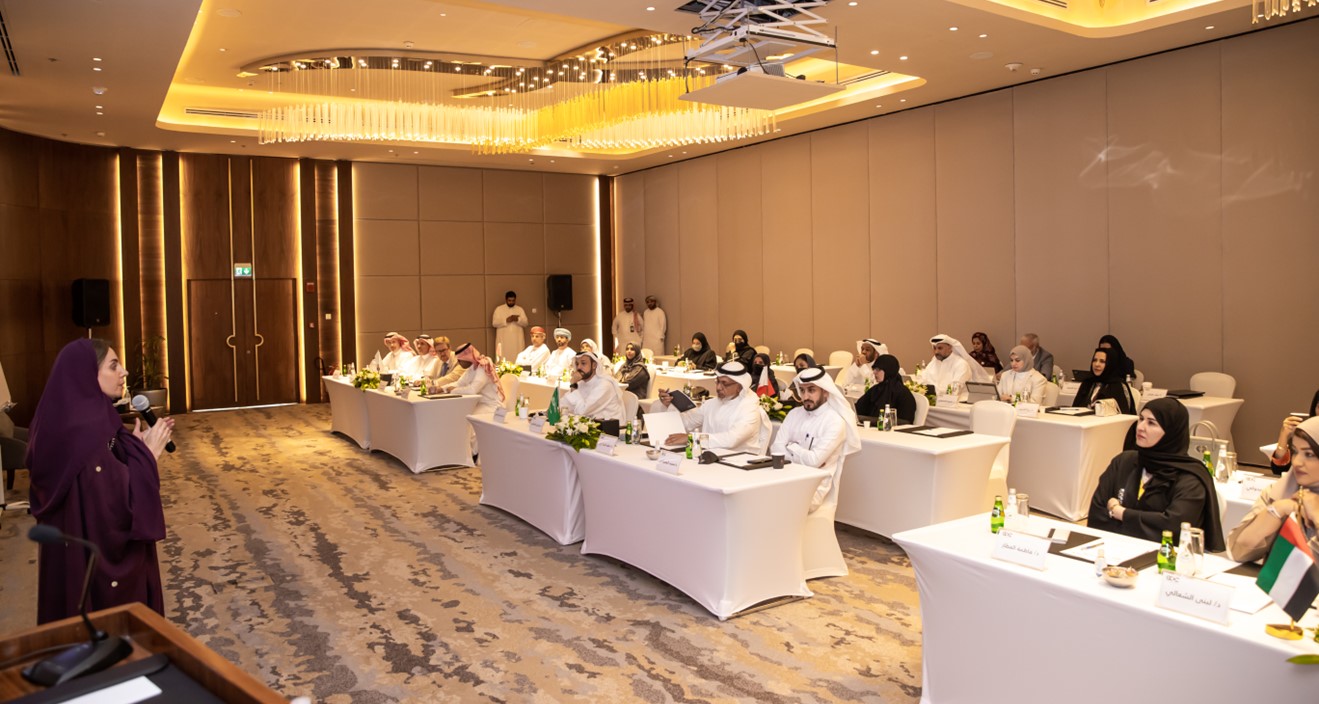
Following the human gatherings during the FIFA World Cup in Qatar
Gulf Center for Disease Prevention and Control monitors regional epidemiological threats and establishes a health emergency network
The Gulf Center for Disease Prevention and Control (GCDC), an affiliate of the Gulf Health Council, has been keen to maintain the health safety and security of Gulf citizens by establishing a public health emergency network consisting of health experts from all six GCC members to monitor any epidemic activity or threat that may arise or be formed in the GCC due to mass gatherings.
The network launched an activity to monitor epidemic threats through the large crowds that came from various countries of the world during the 2022 FIFA World Cup, which was hosted and organized by the State of Qatar lately. The network included an early detection system that is followed by prompt evaluation of any health threats, in order to ensure a timely response in an effort to protect the national health security of the Gulf, the region and the world.
The system relies on artificial intelligence technologies that scan more than 30,000 sources across 65 different languages daily, identifying key threats of interest to the Gulf region. These threats can be reports of new or emerging infections anywhere in the world, as well as possible epidemics, new causes of identified known disease, reports of undiagnosed diseases, human-animal diseases, outbreaks of significant animal diseases, releases of chemical or radiological substances, and large-scale environmental incidents related to the Gulf region.
Through continuous scanning and daily monitoring, threats detected by the system are urgently presented to the members of the gulf public health emergency network to assess risks and the likelihood of occurrence in the Gulf region and the level of impact if it occurs. It is worth mentioning that the GCDC is collaborating with local and international public health institutions and experts in the same field to verify the validity of some of the detected threats obtain the latest information related to their nature to assess their risks with high accuracy, and make recommendations to Gulf countries for readiness and response.
